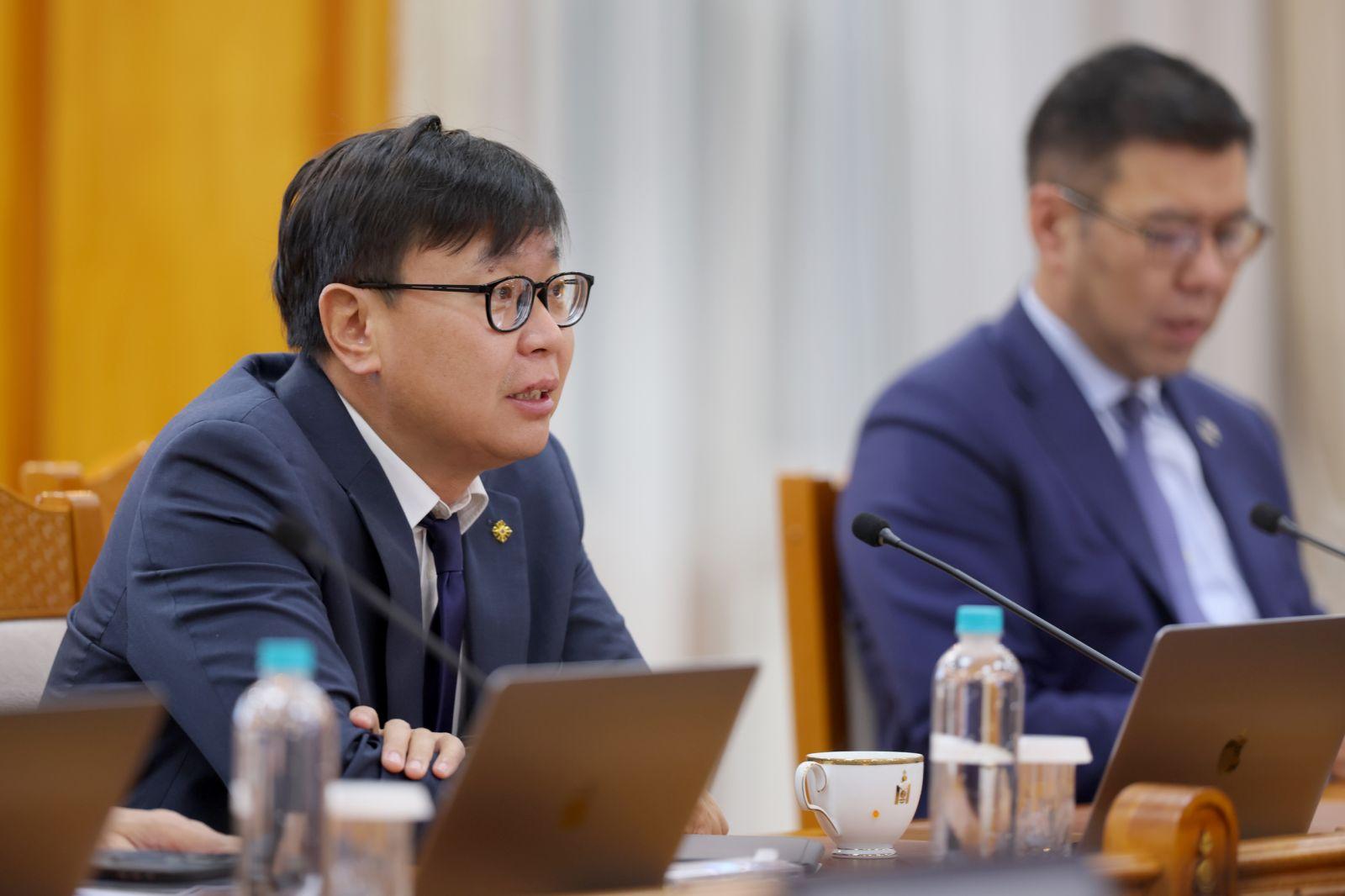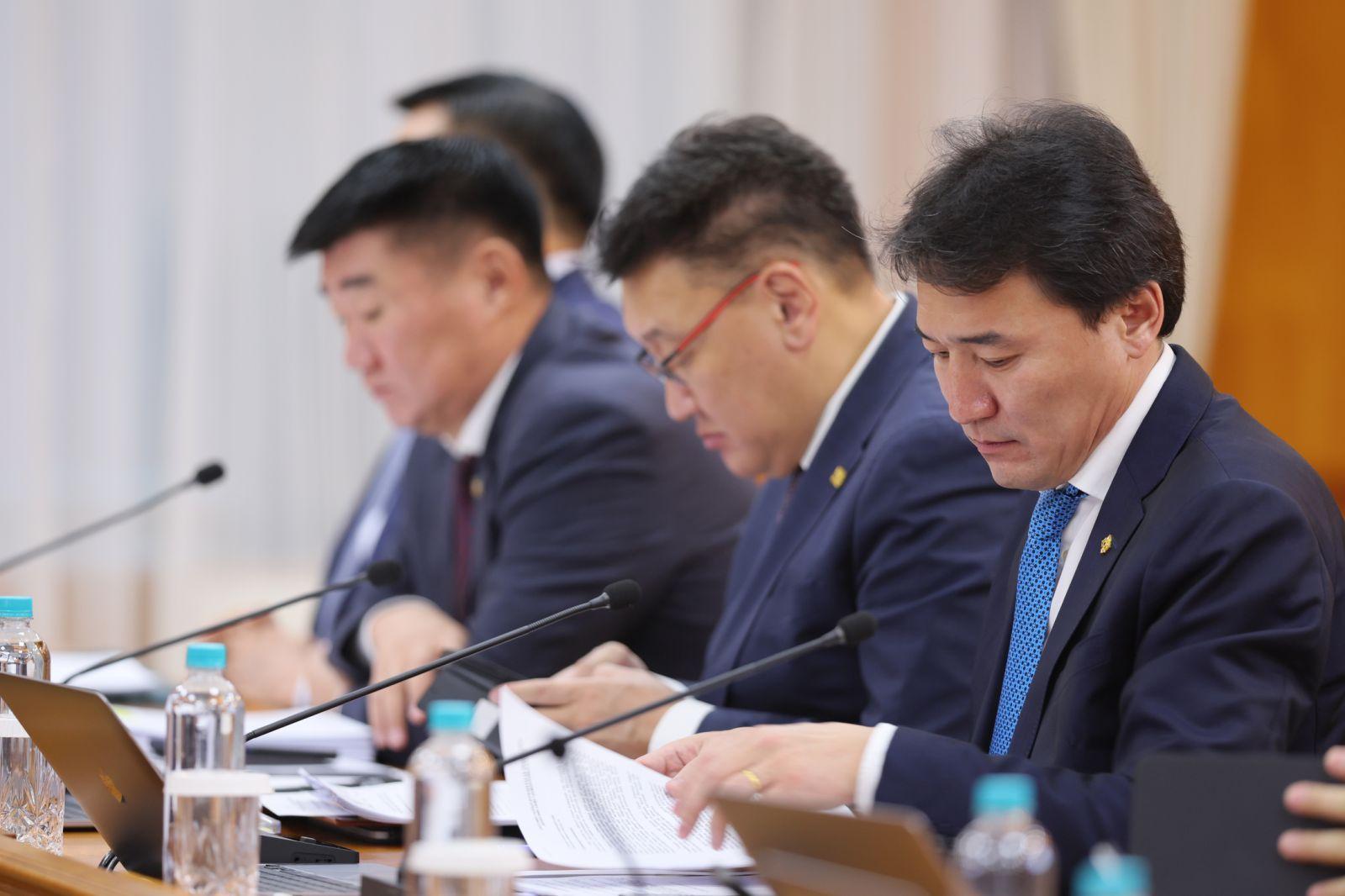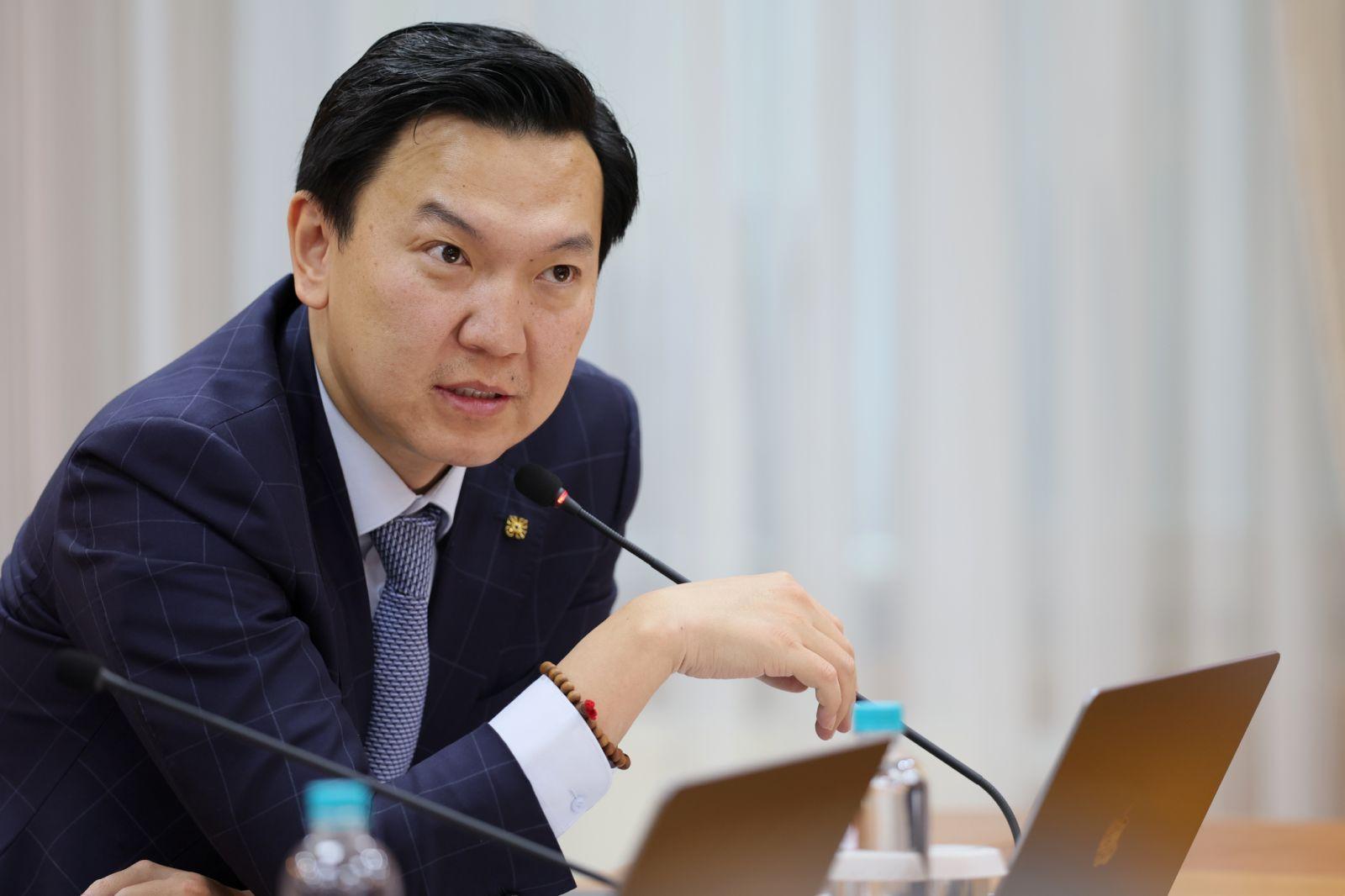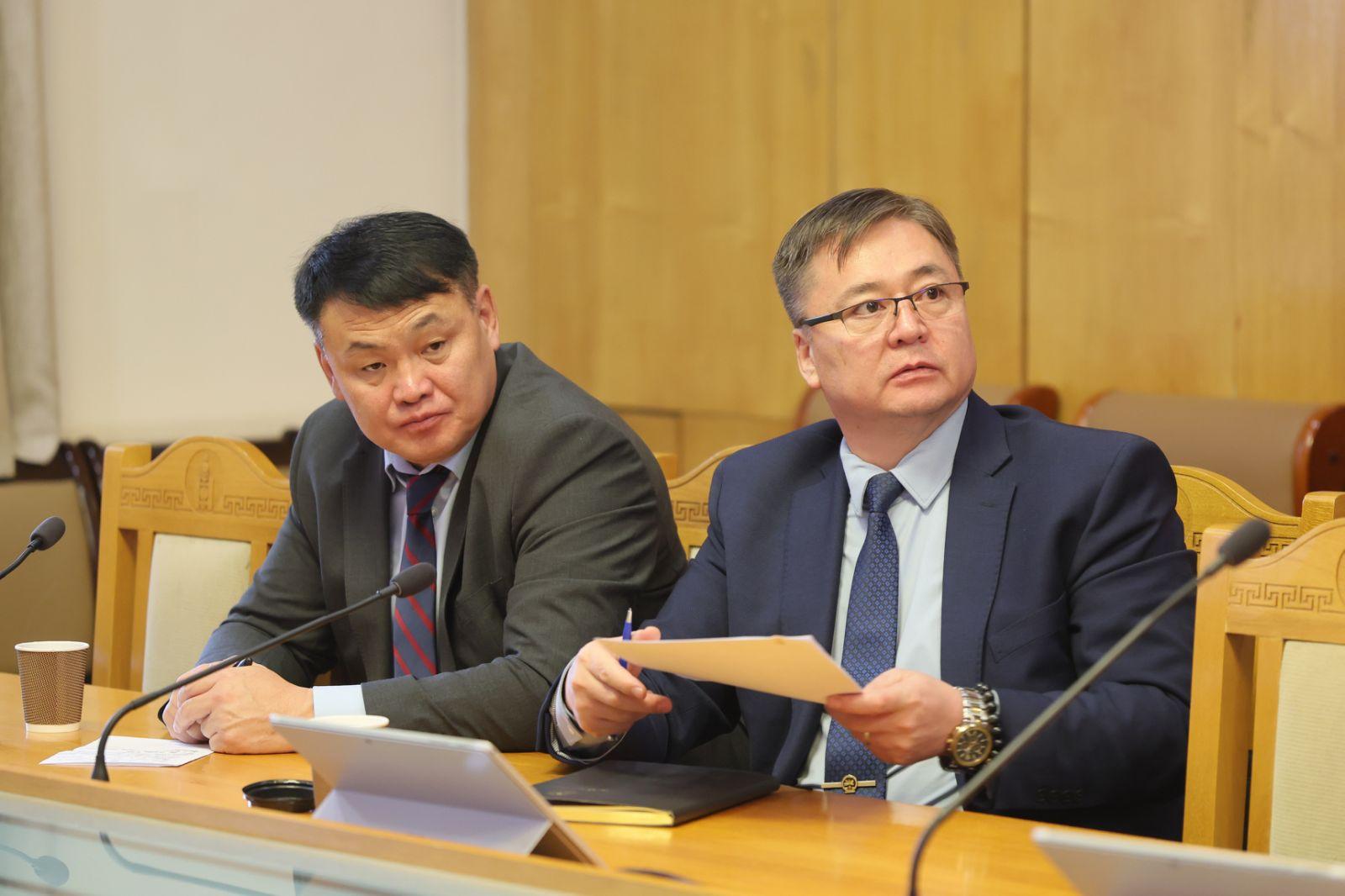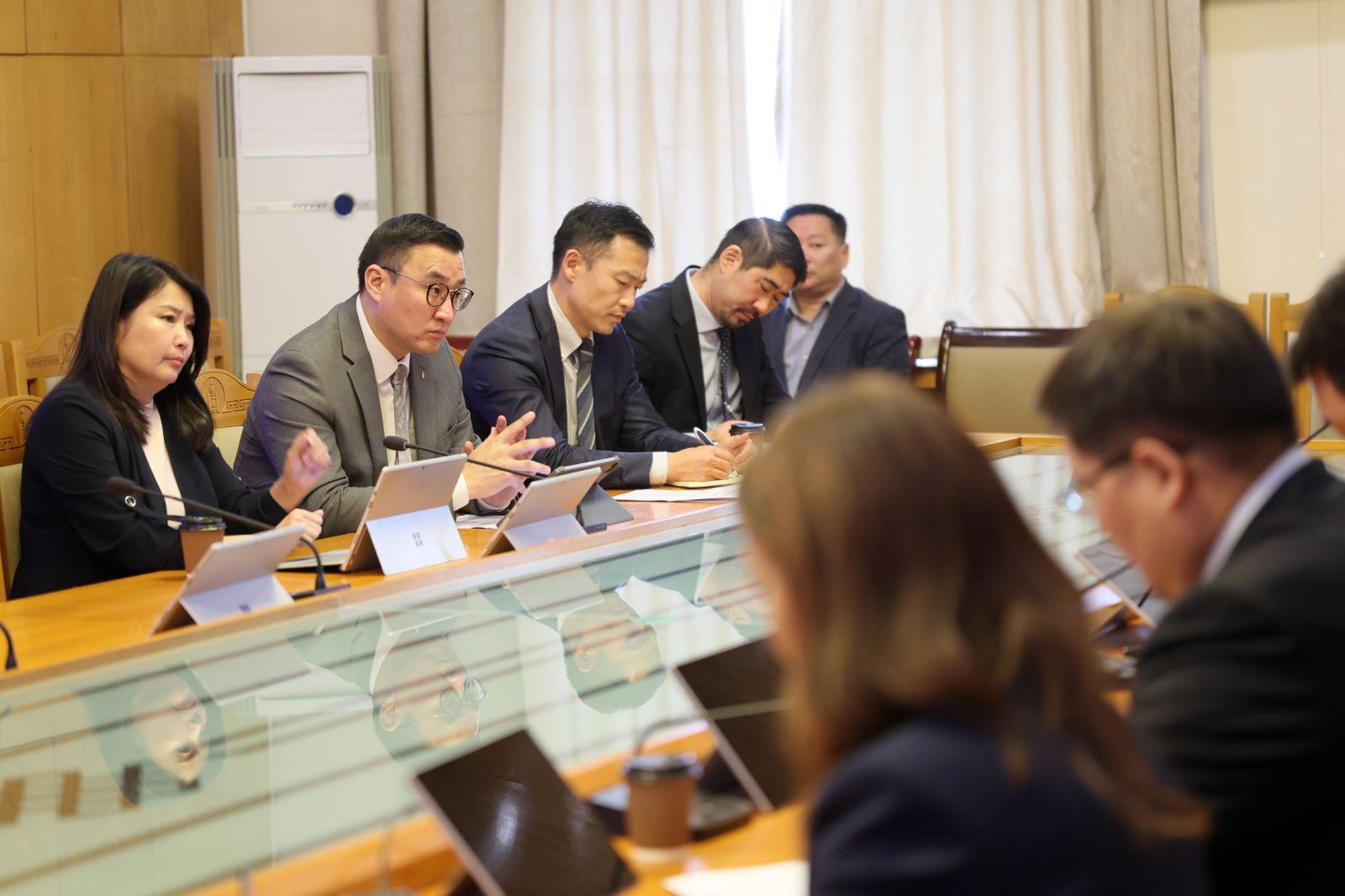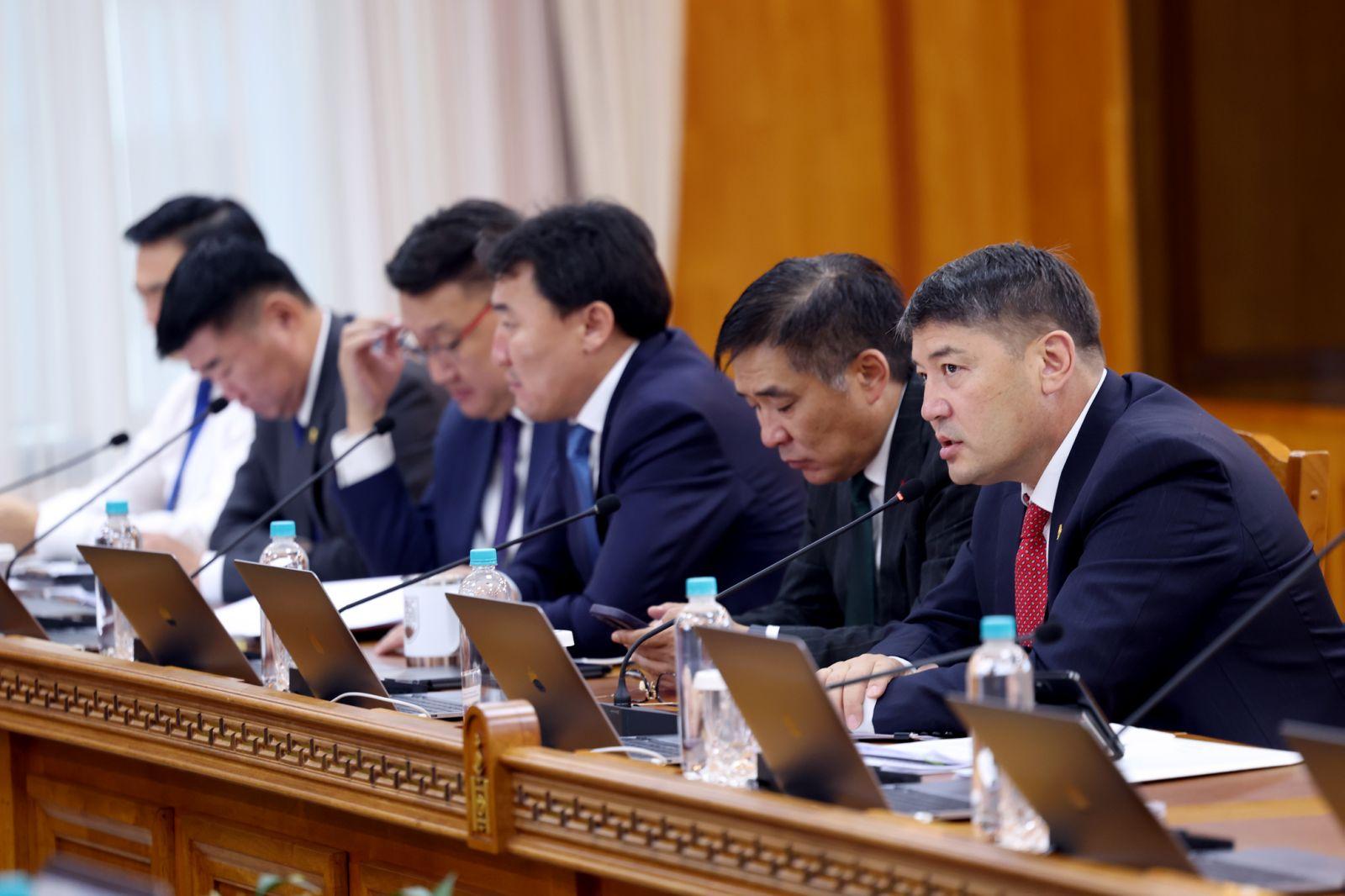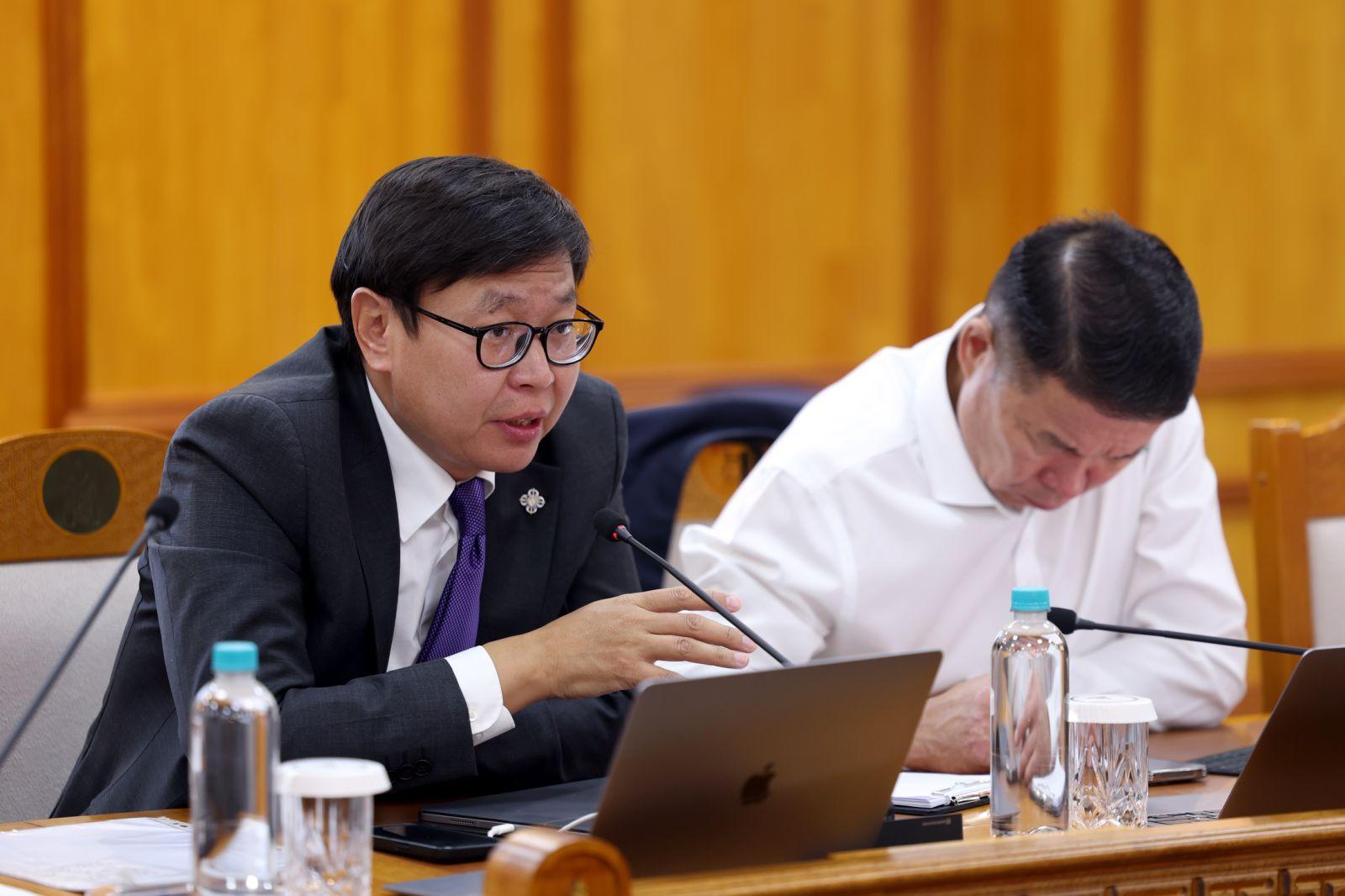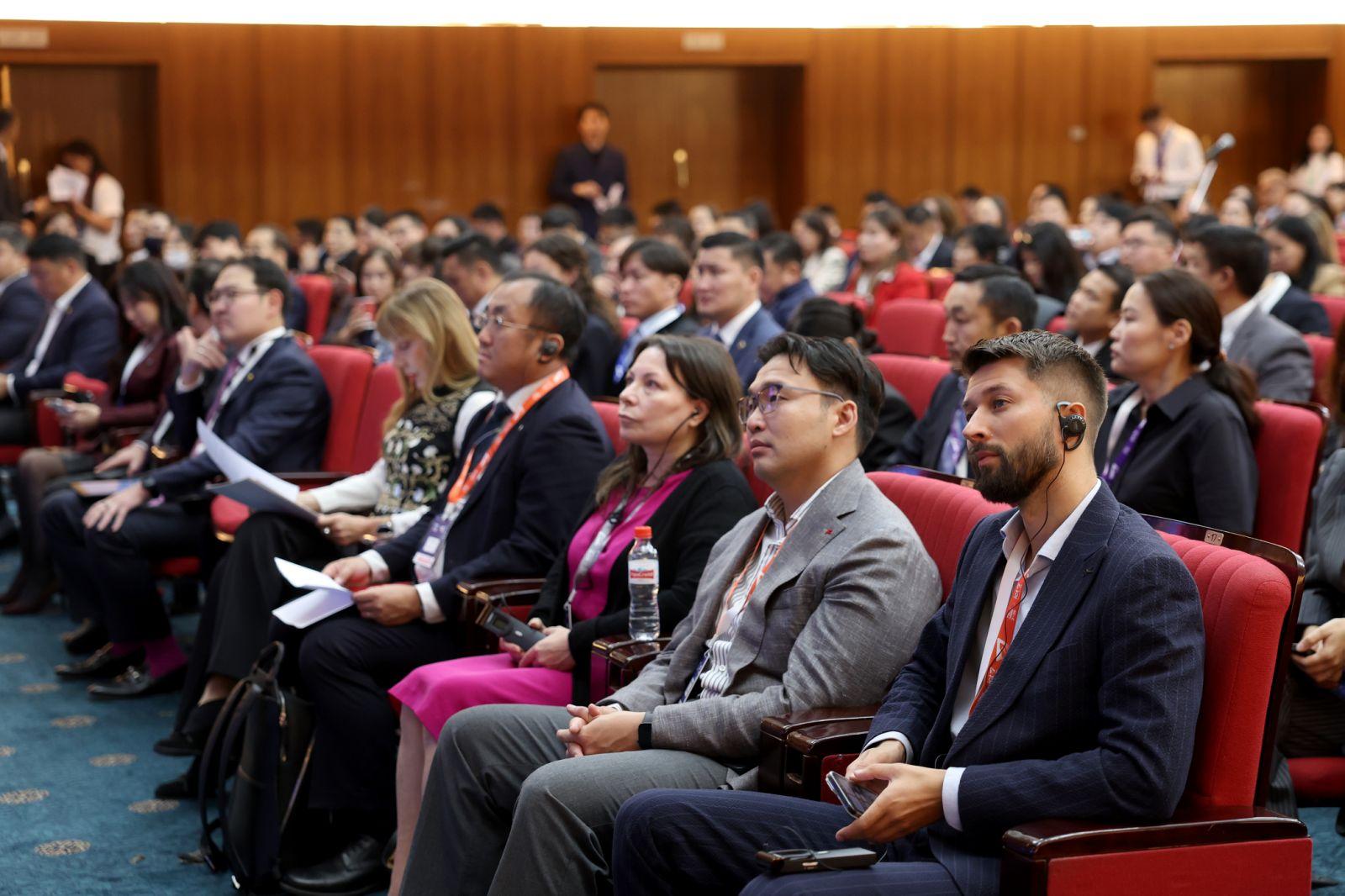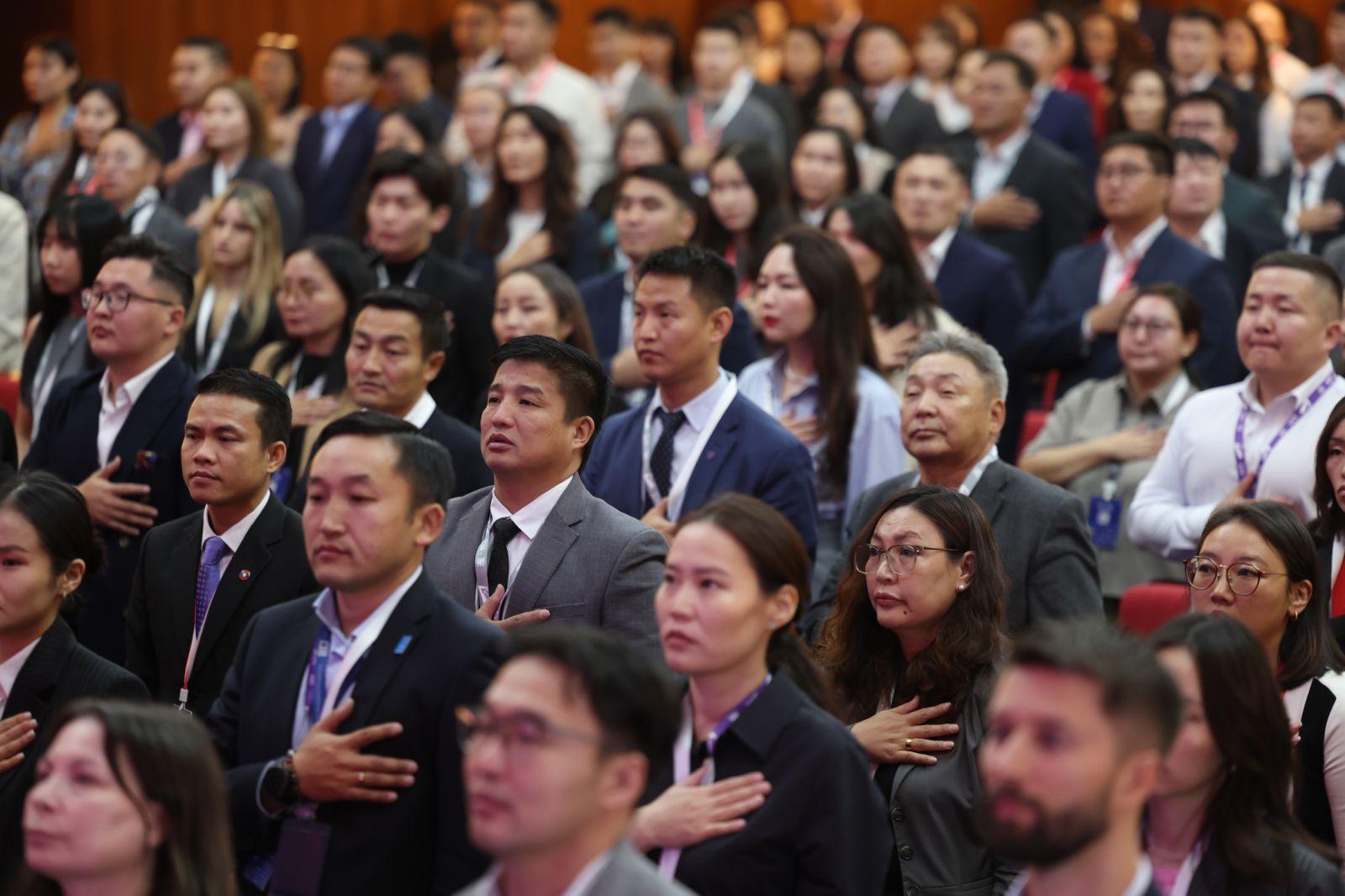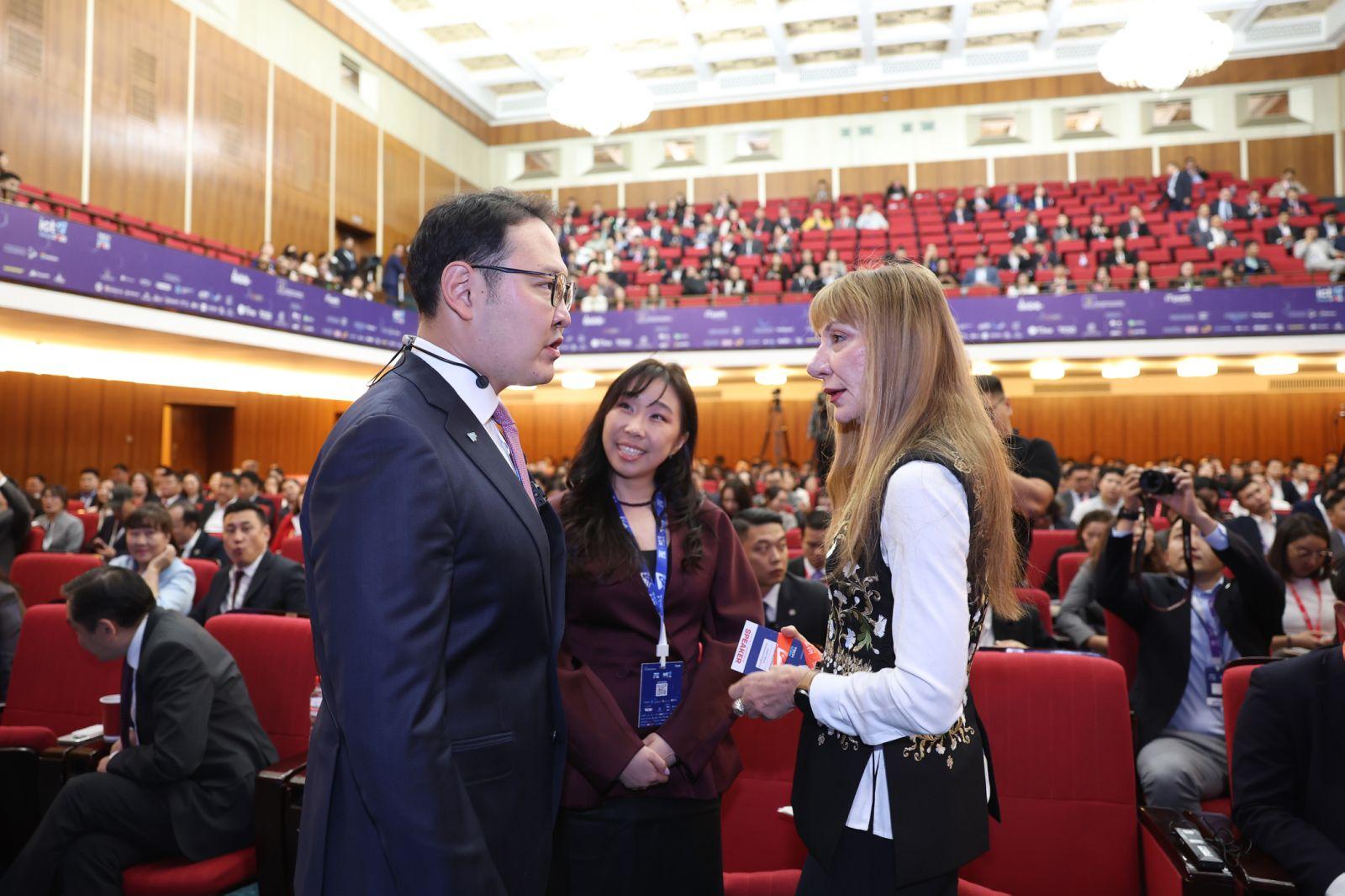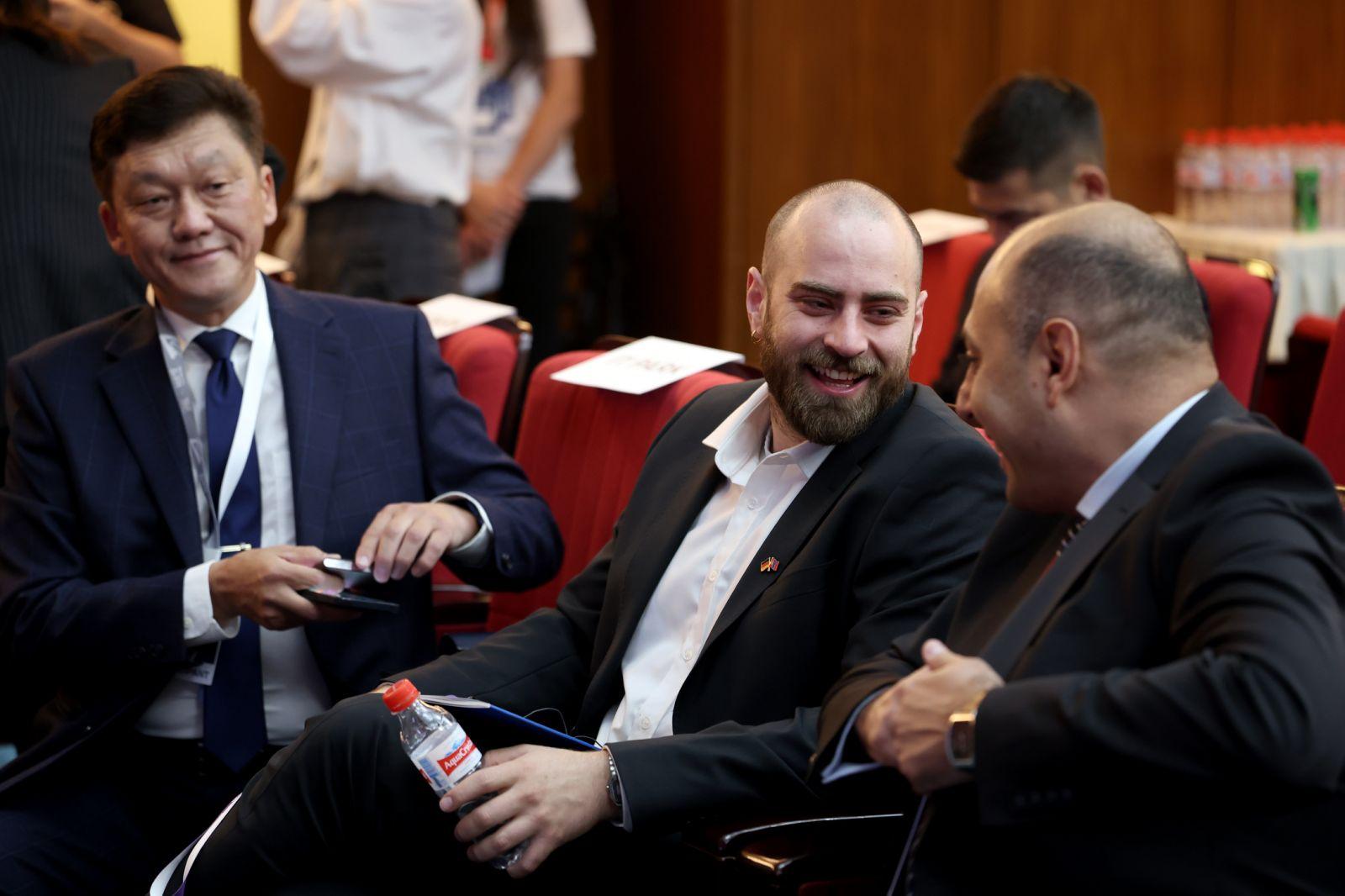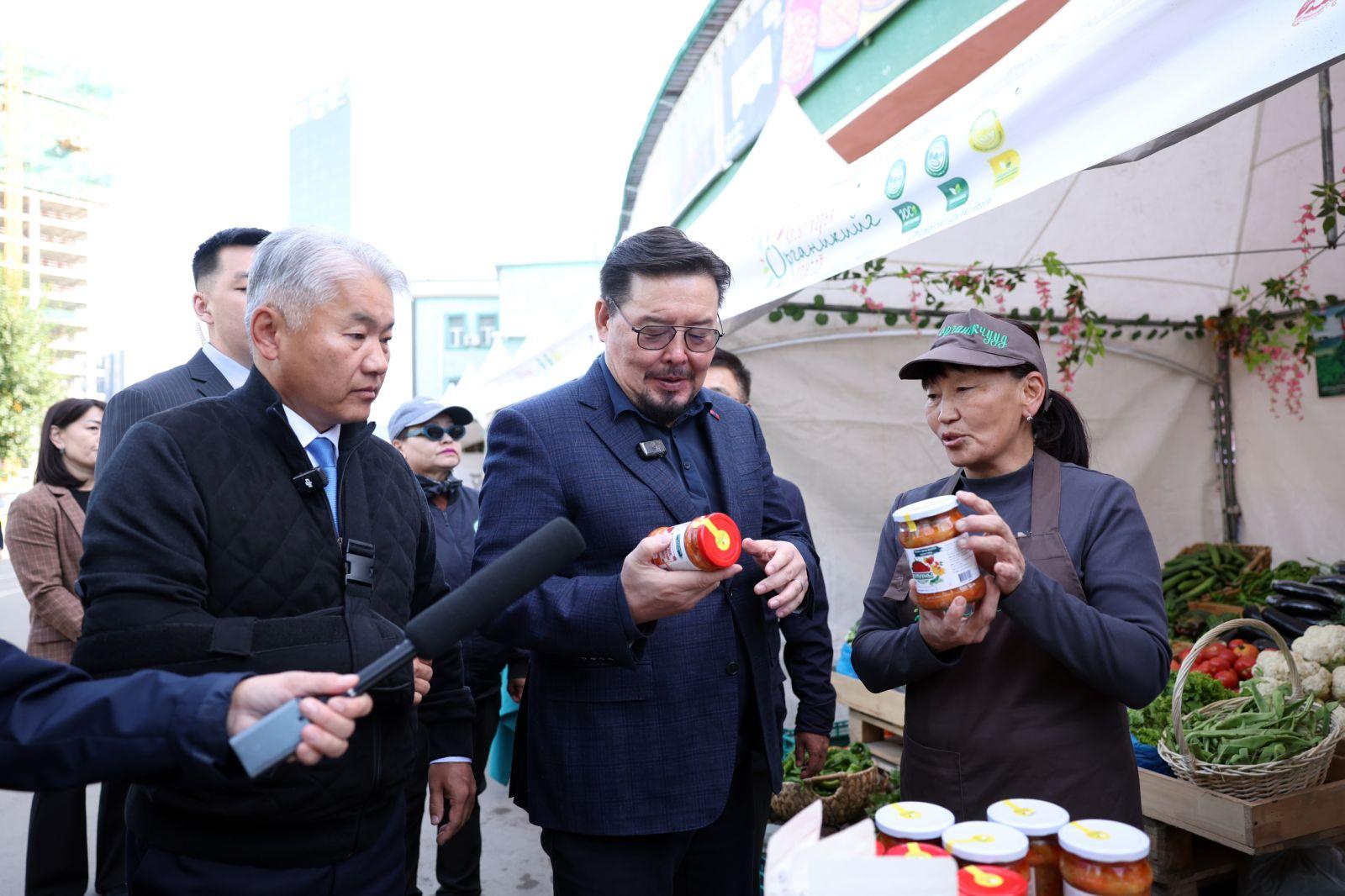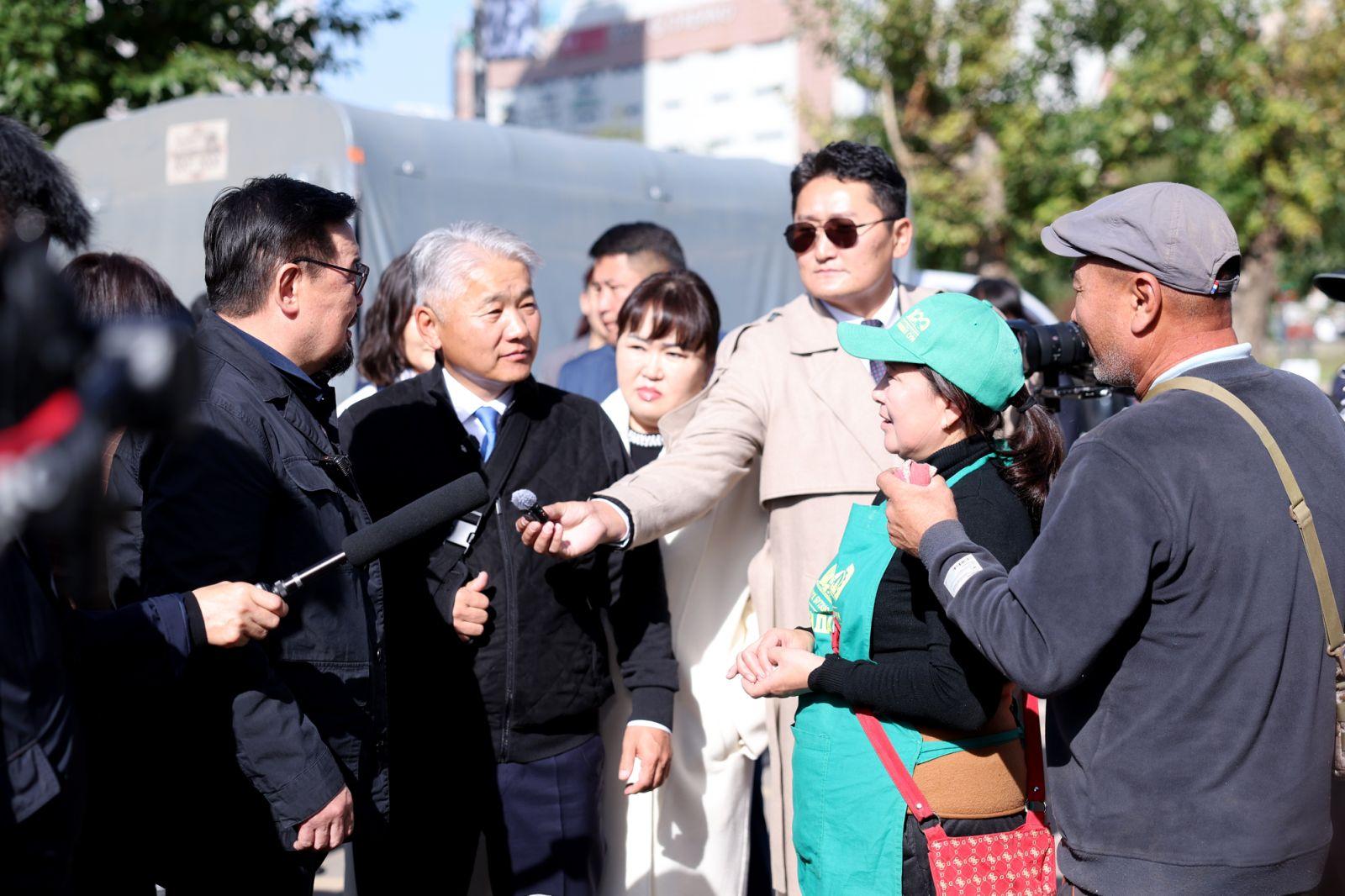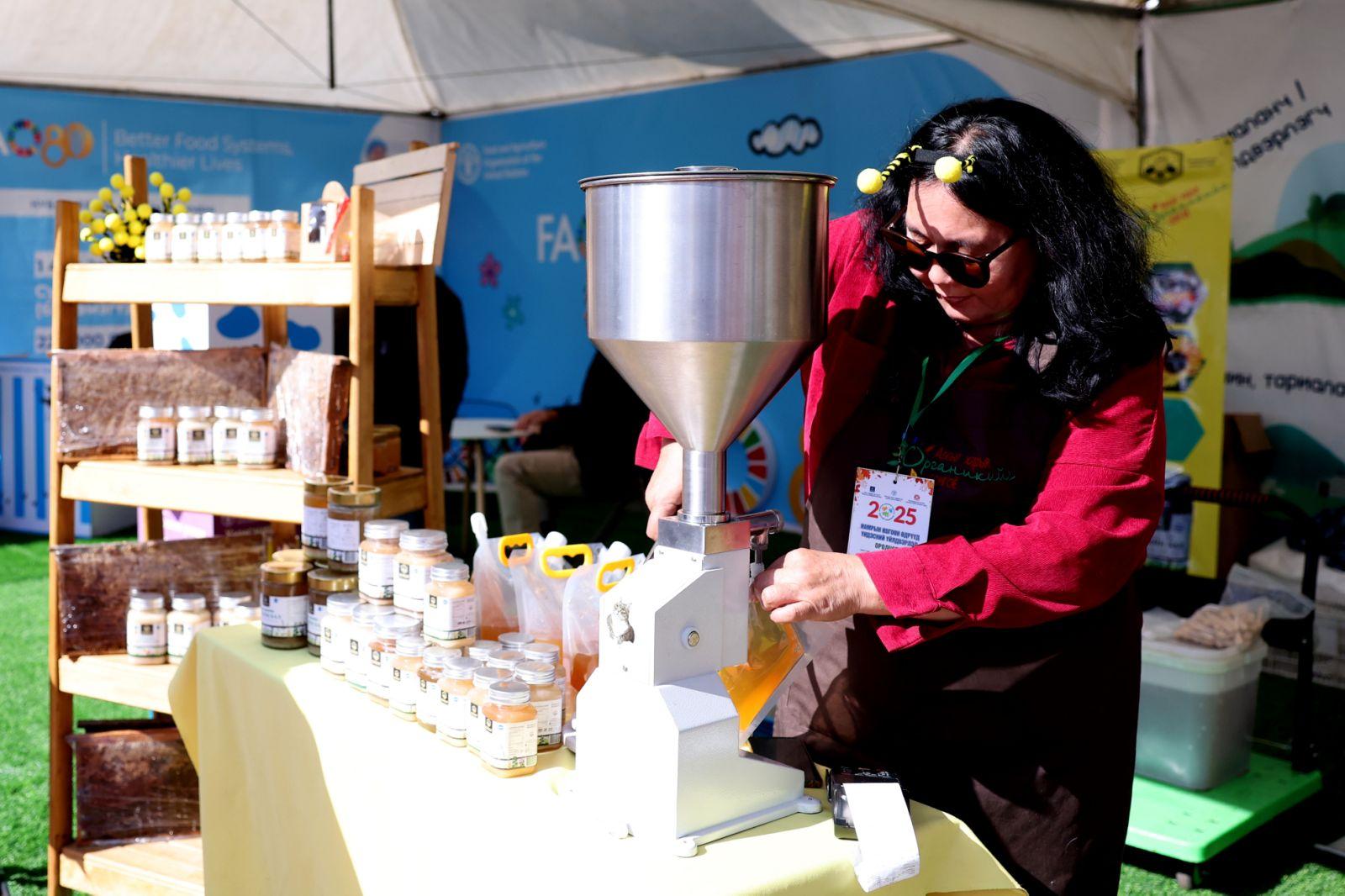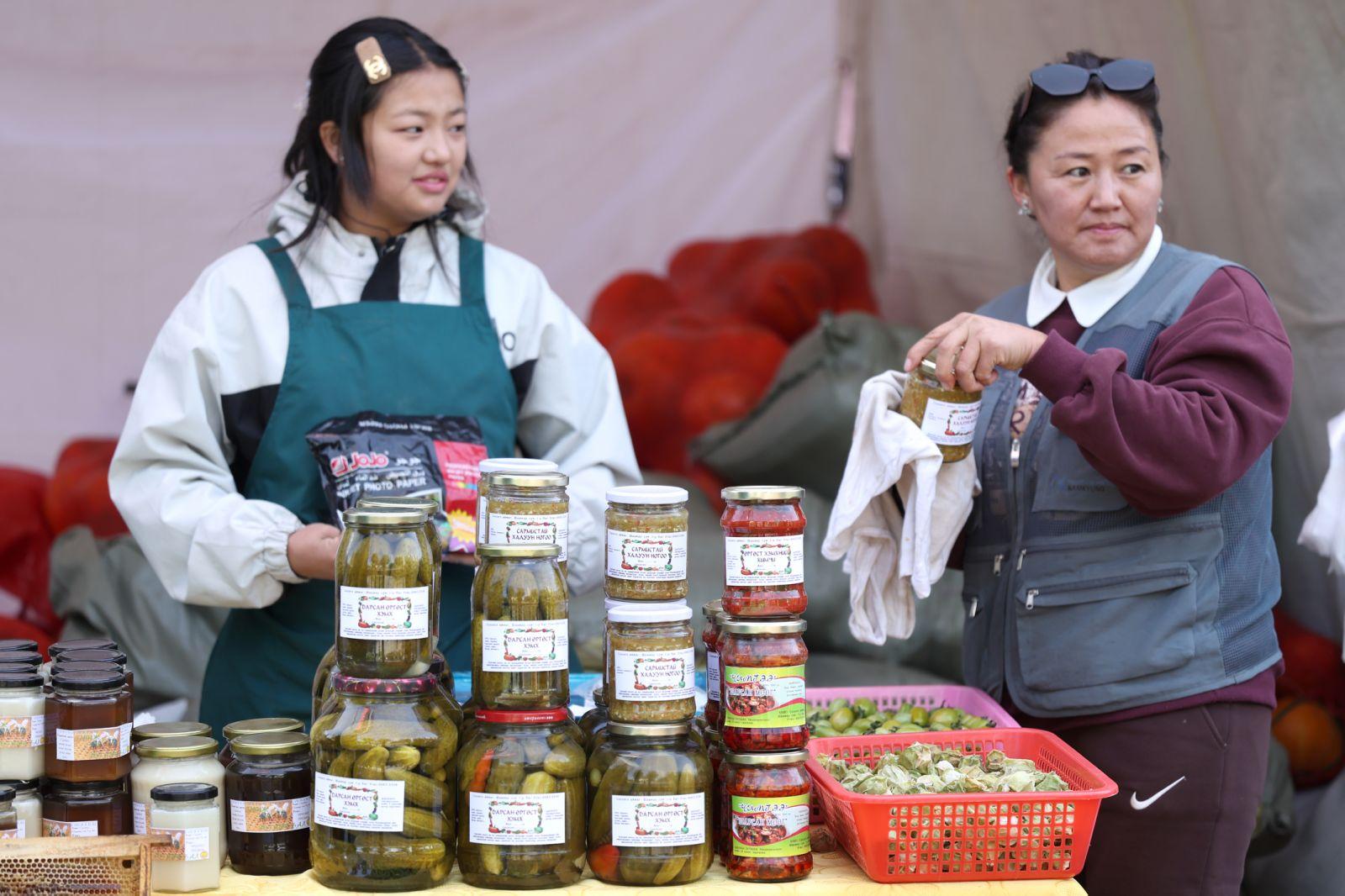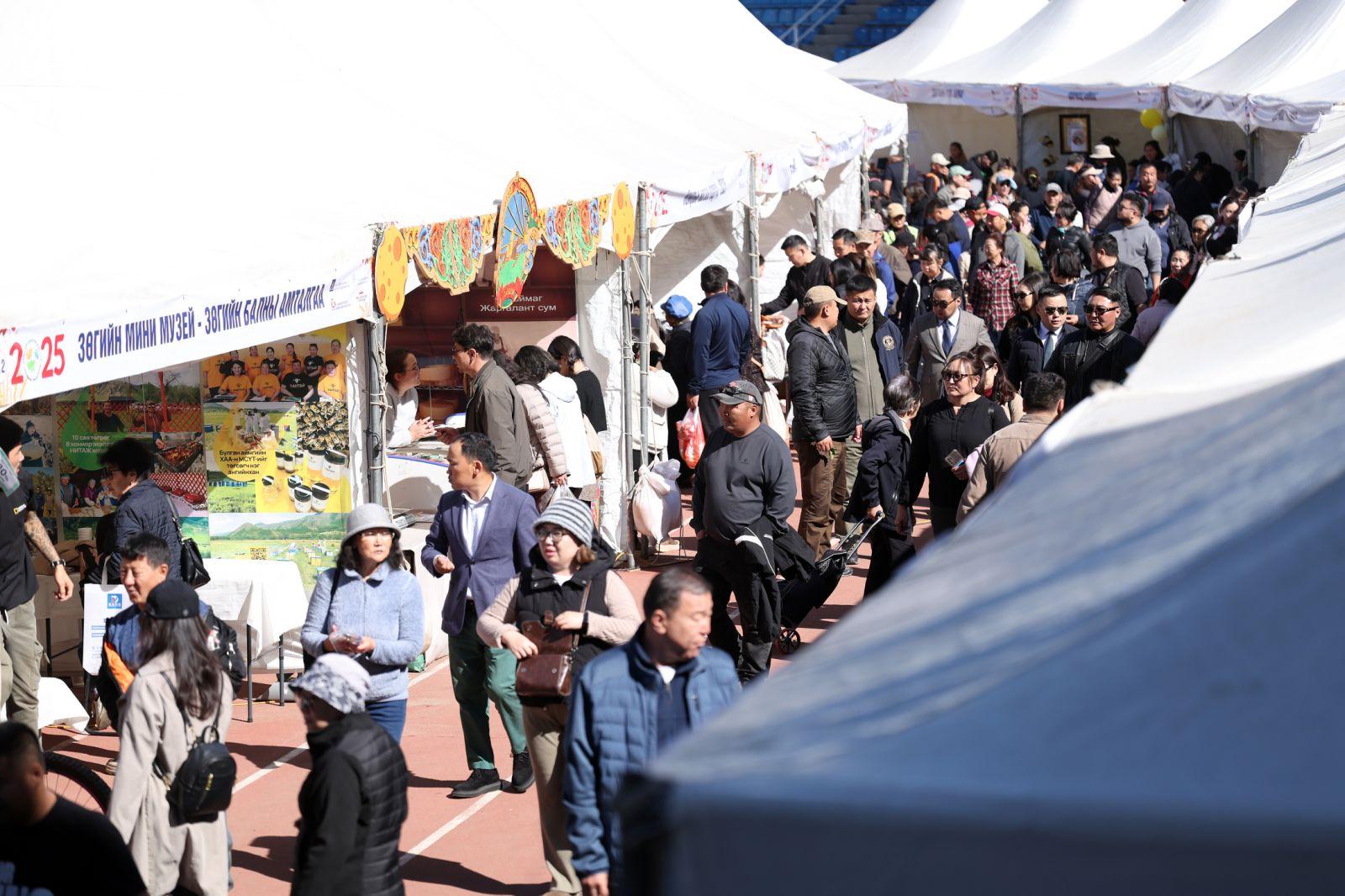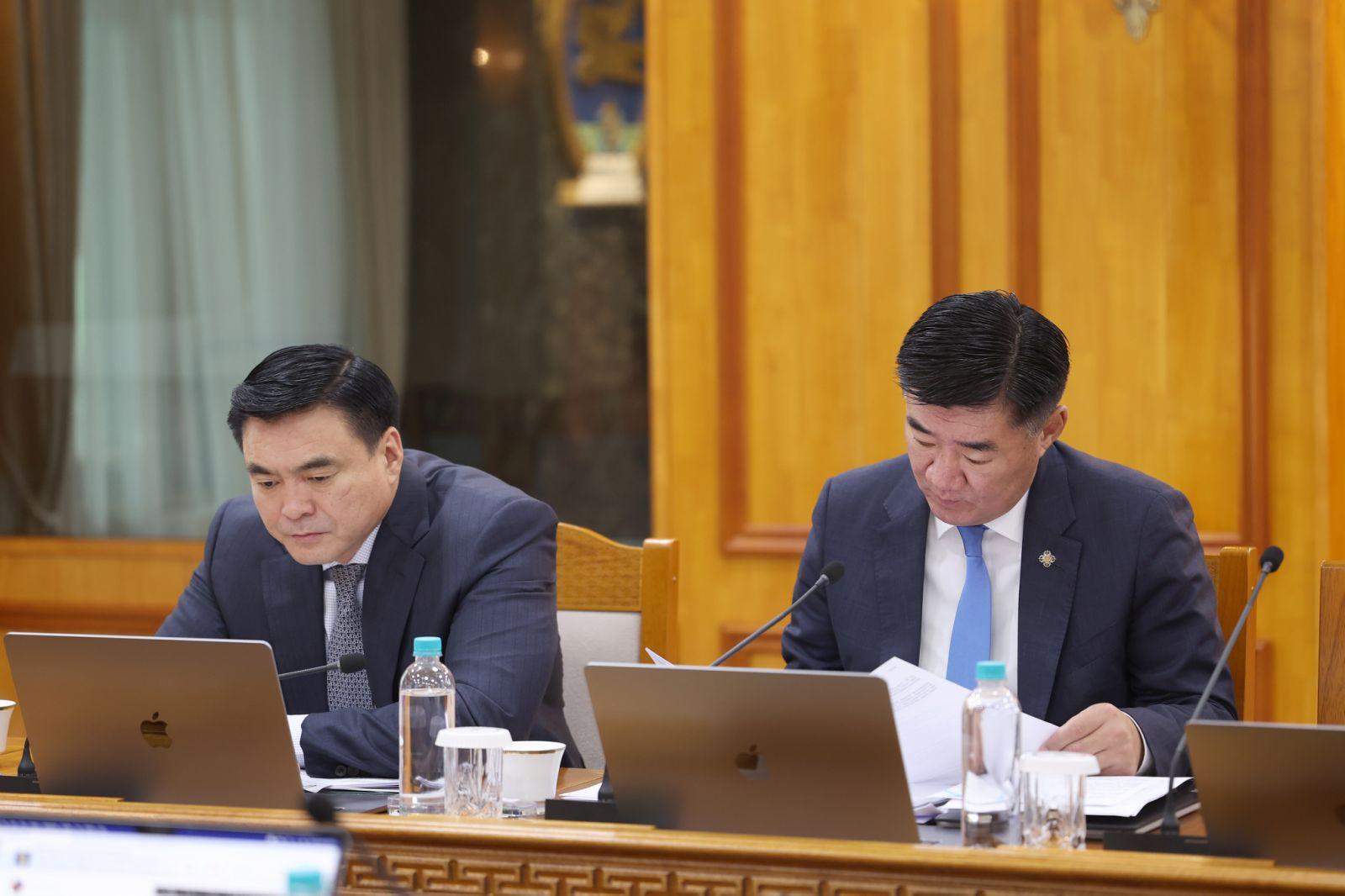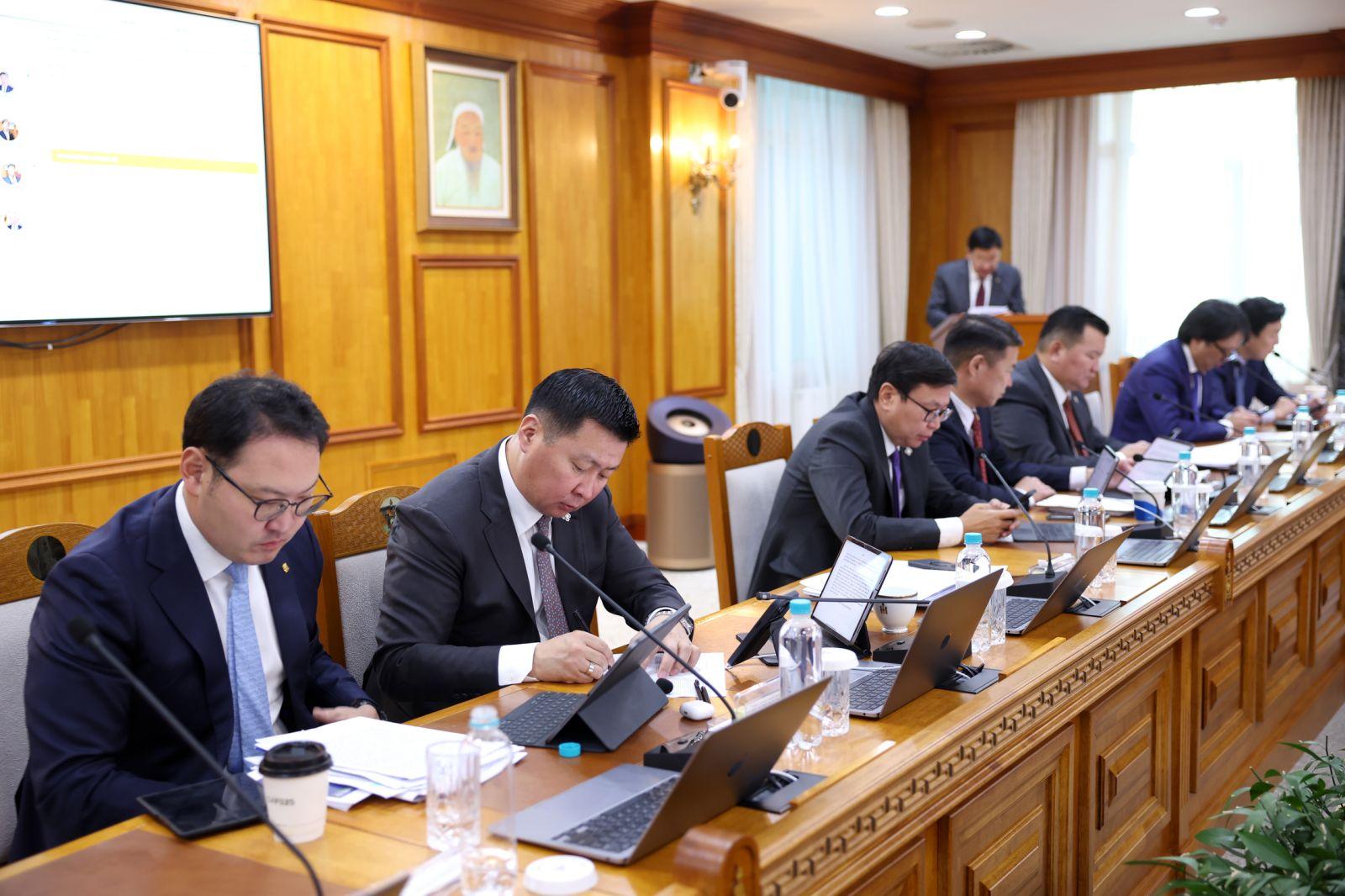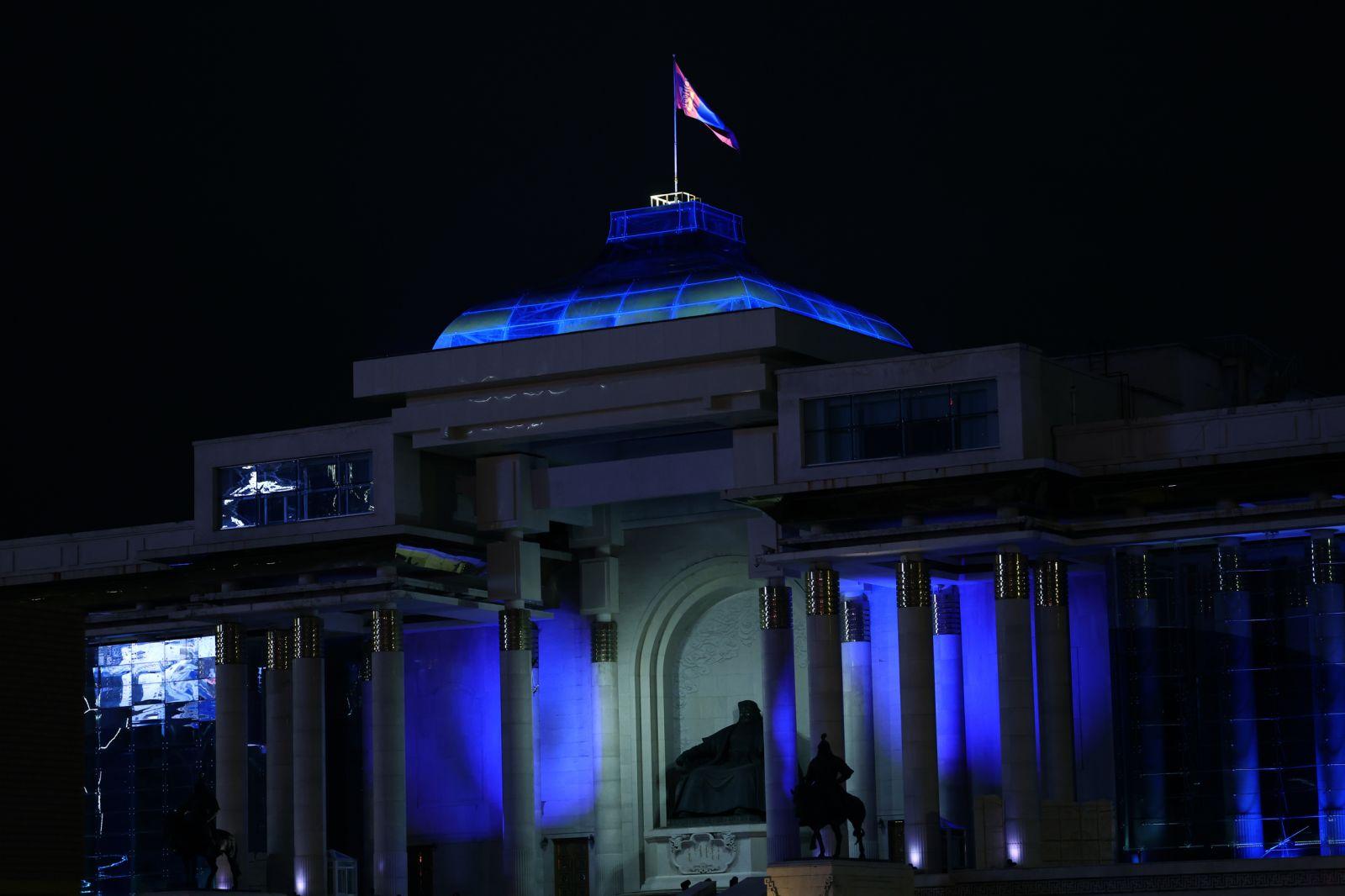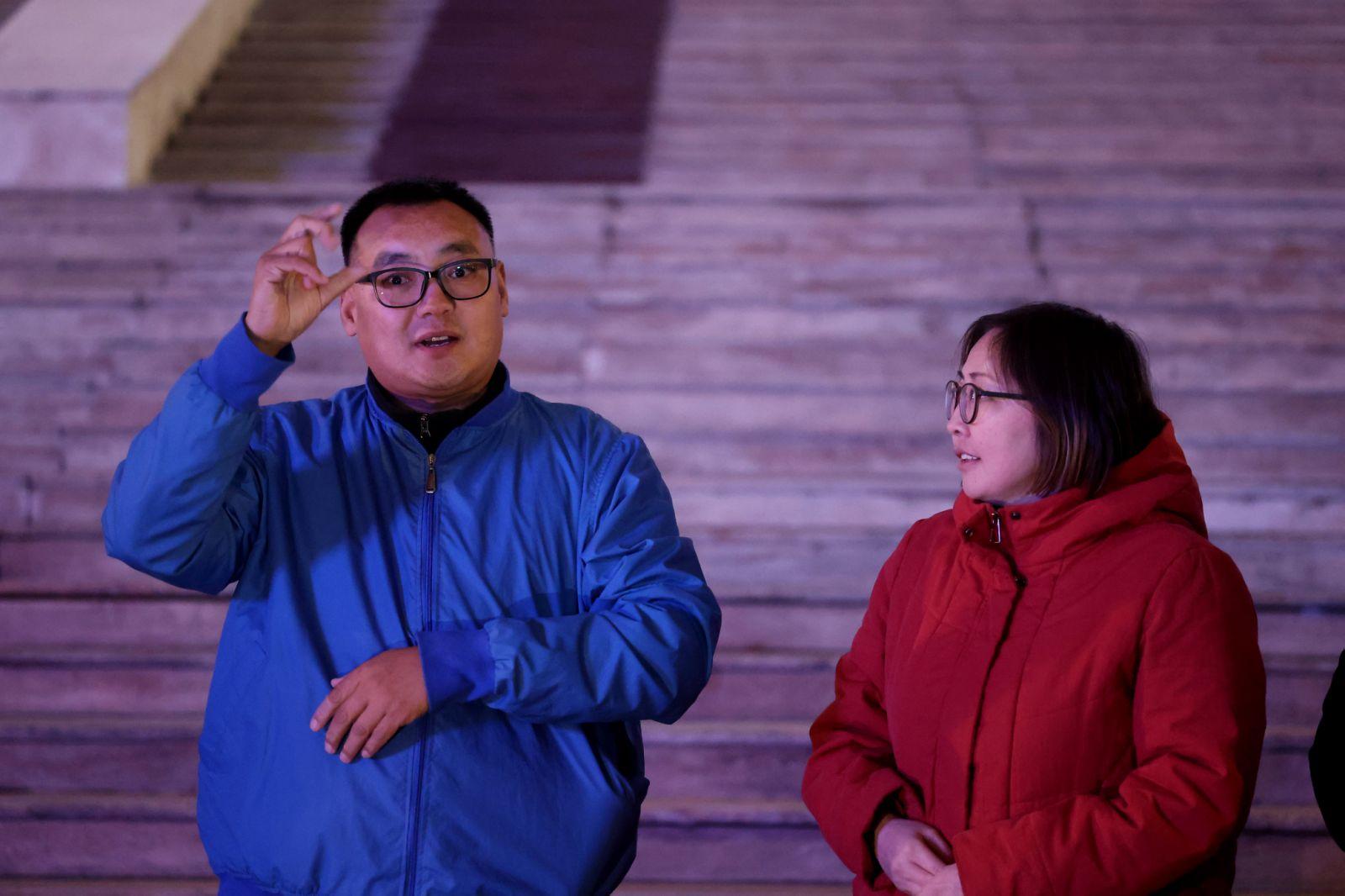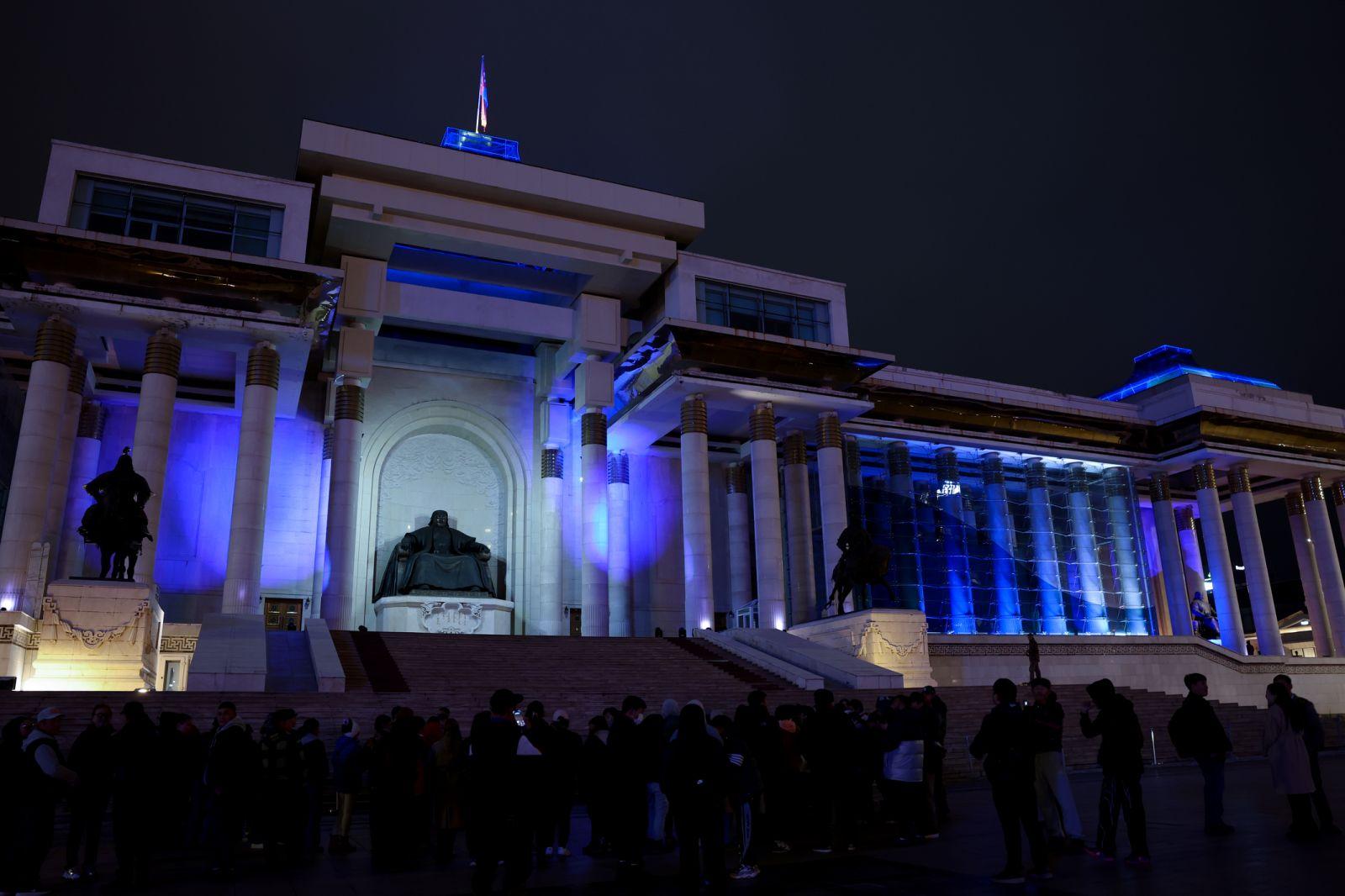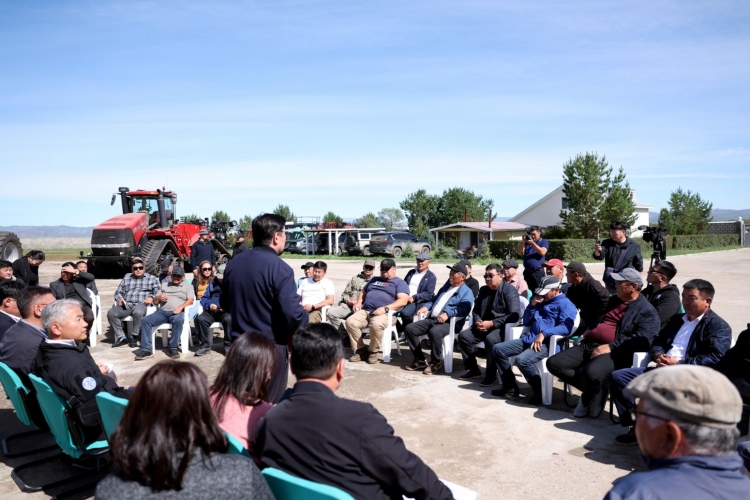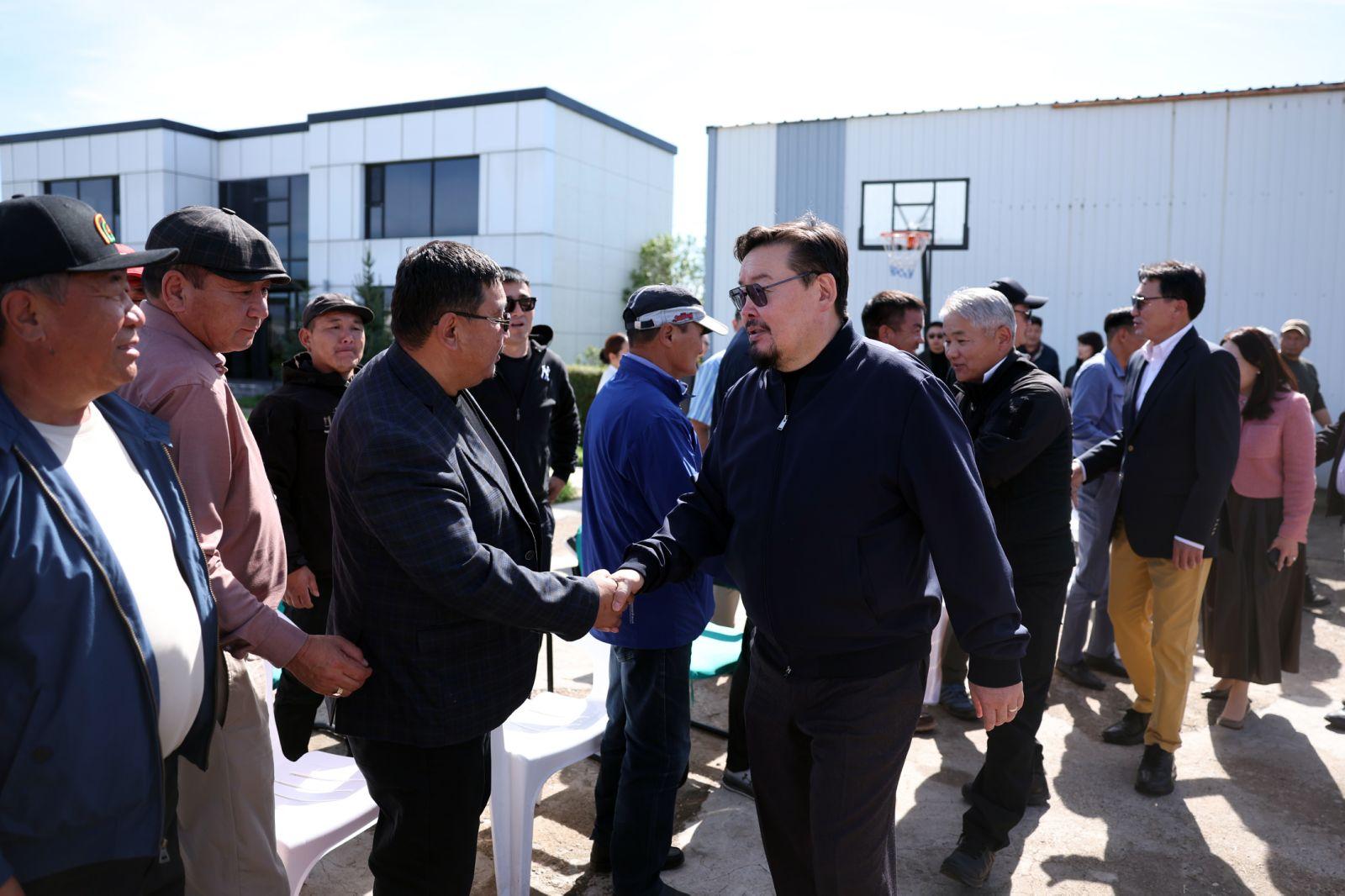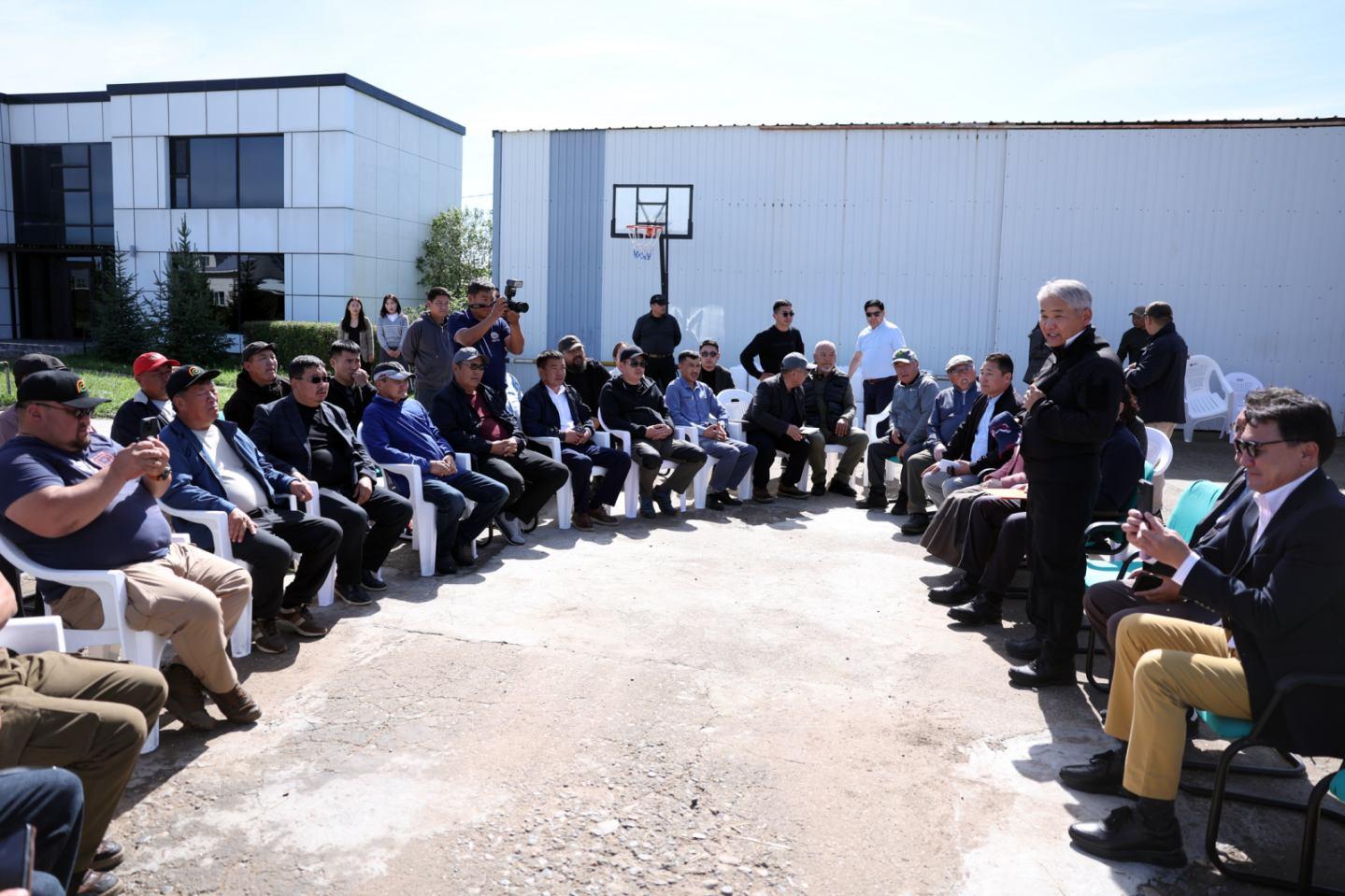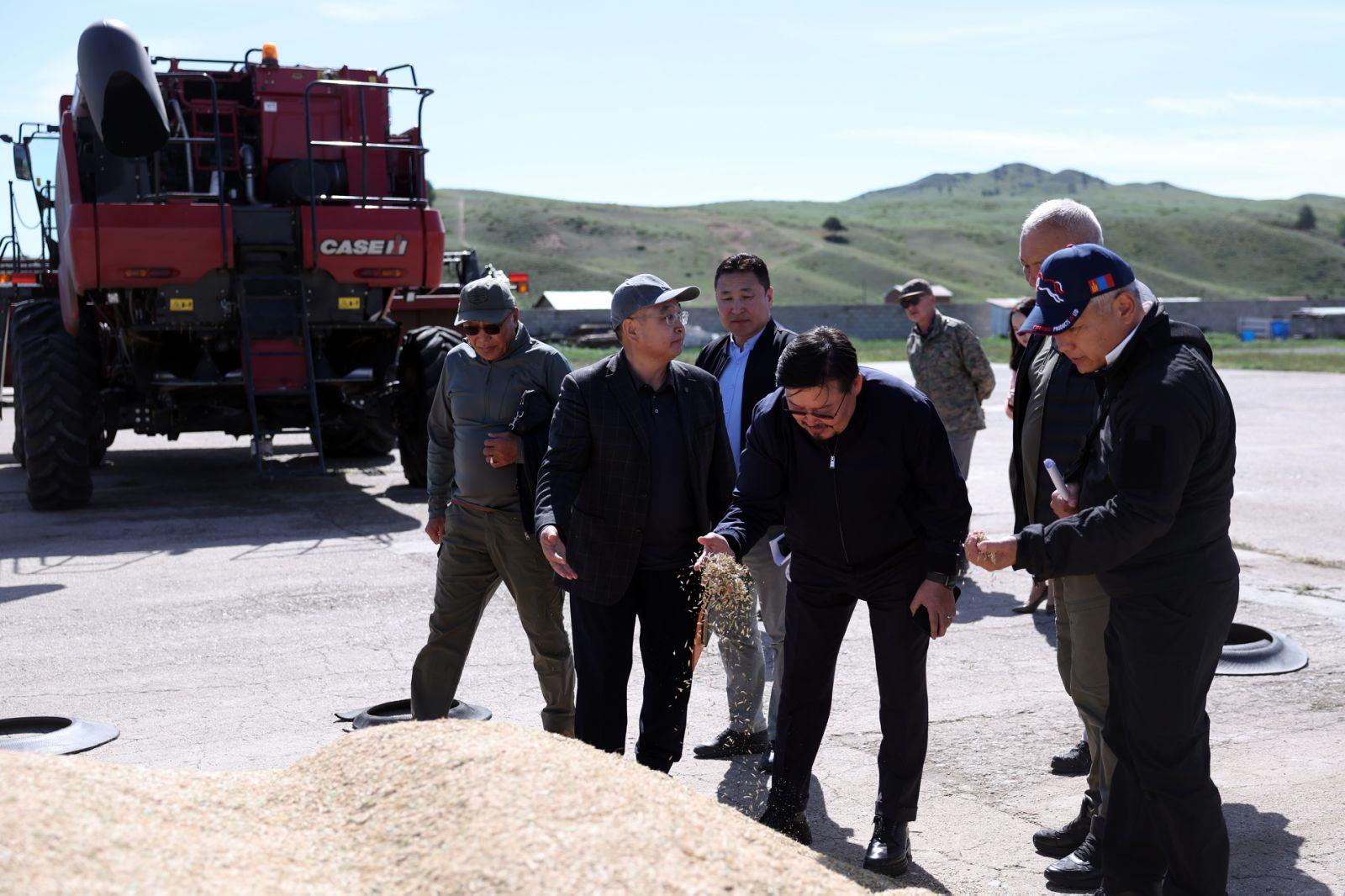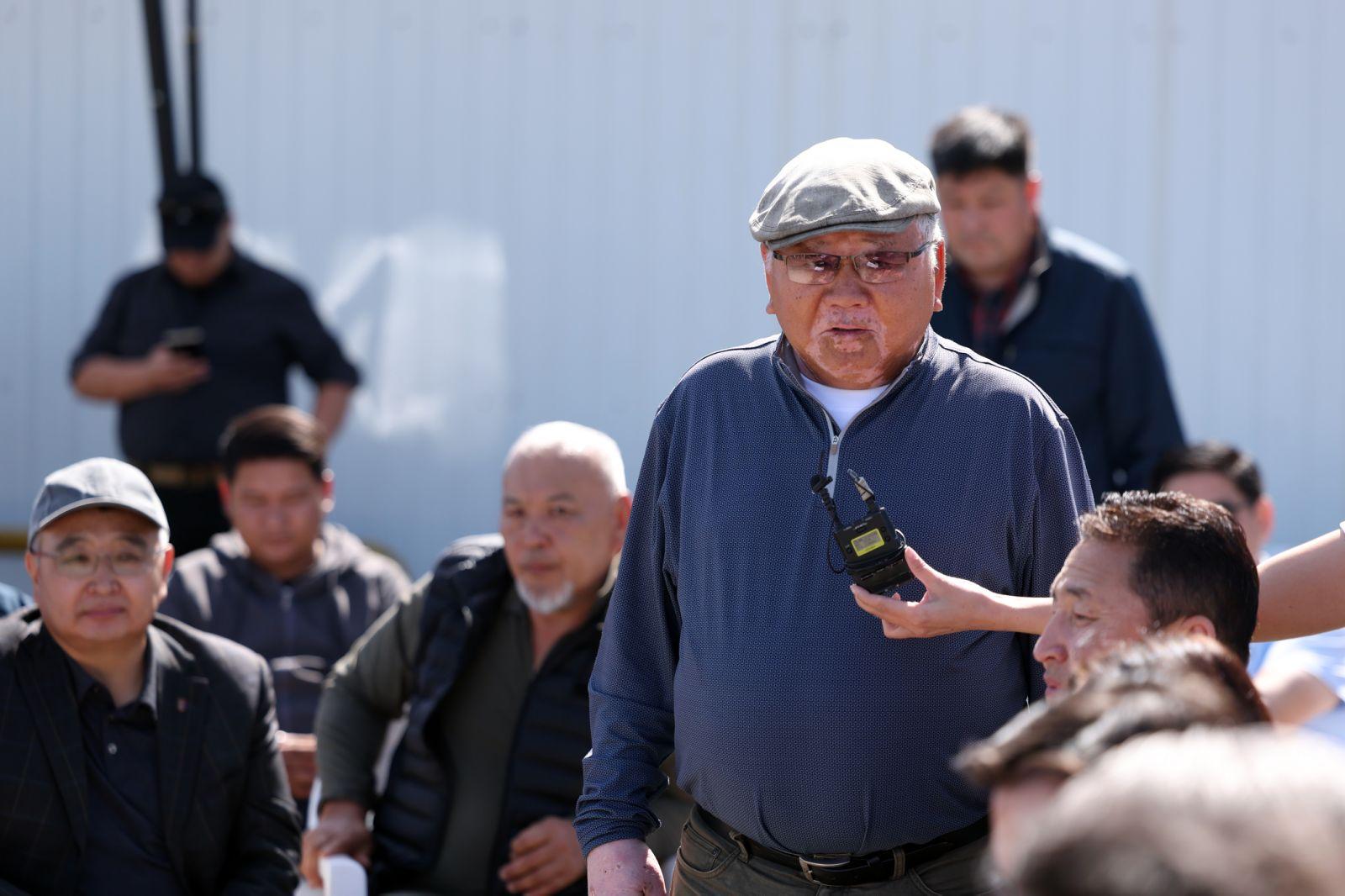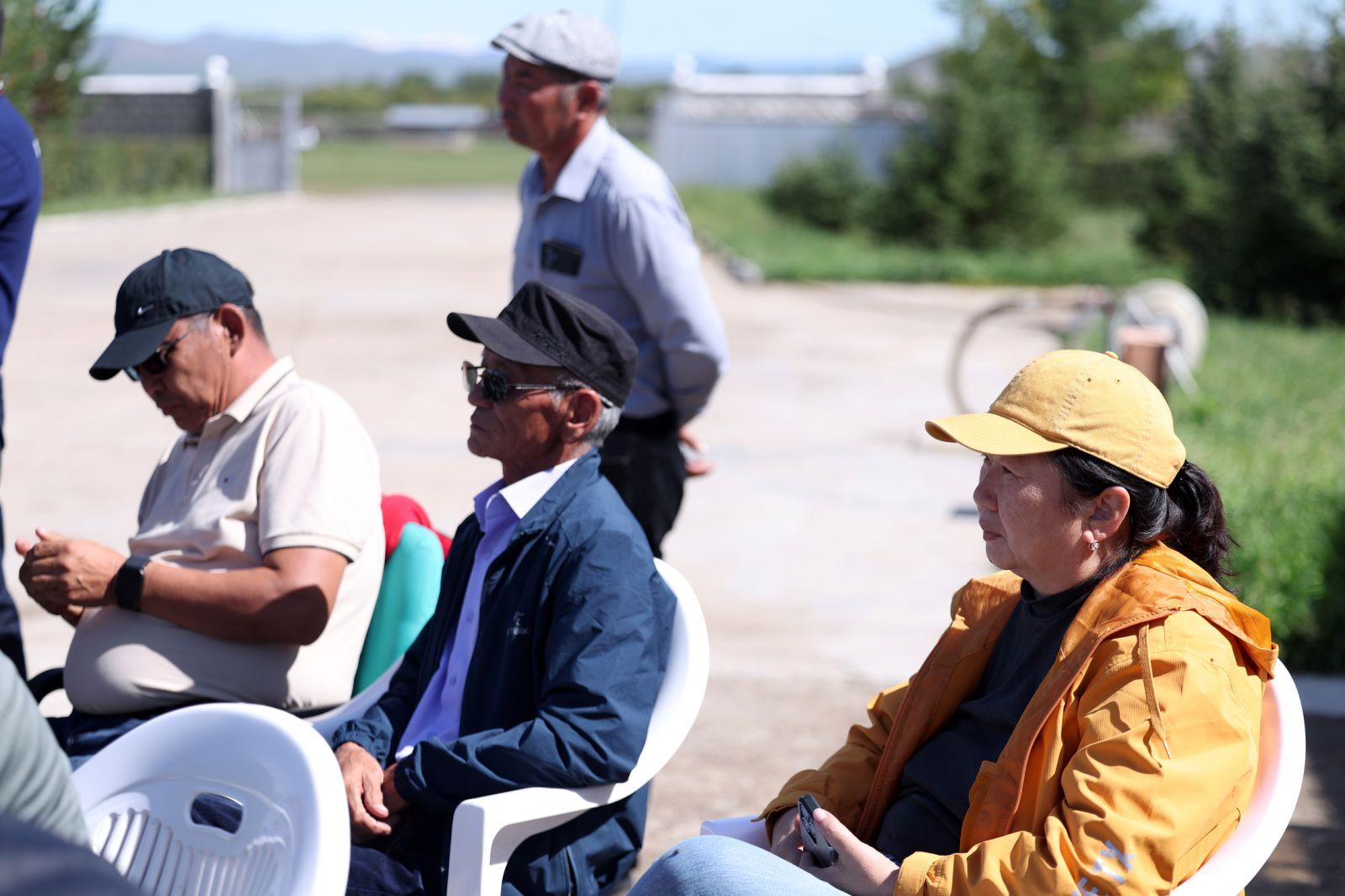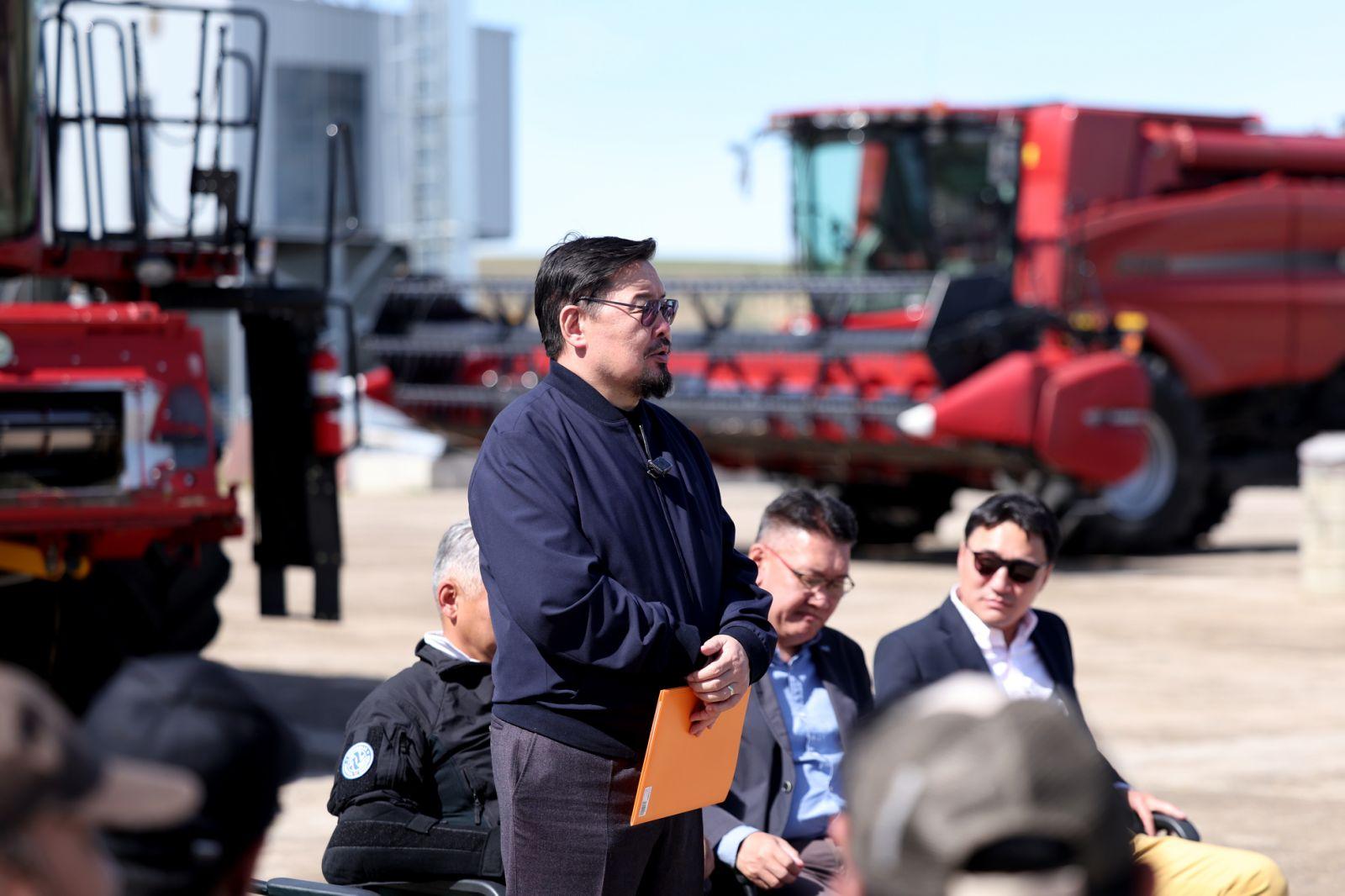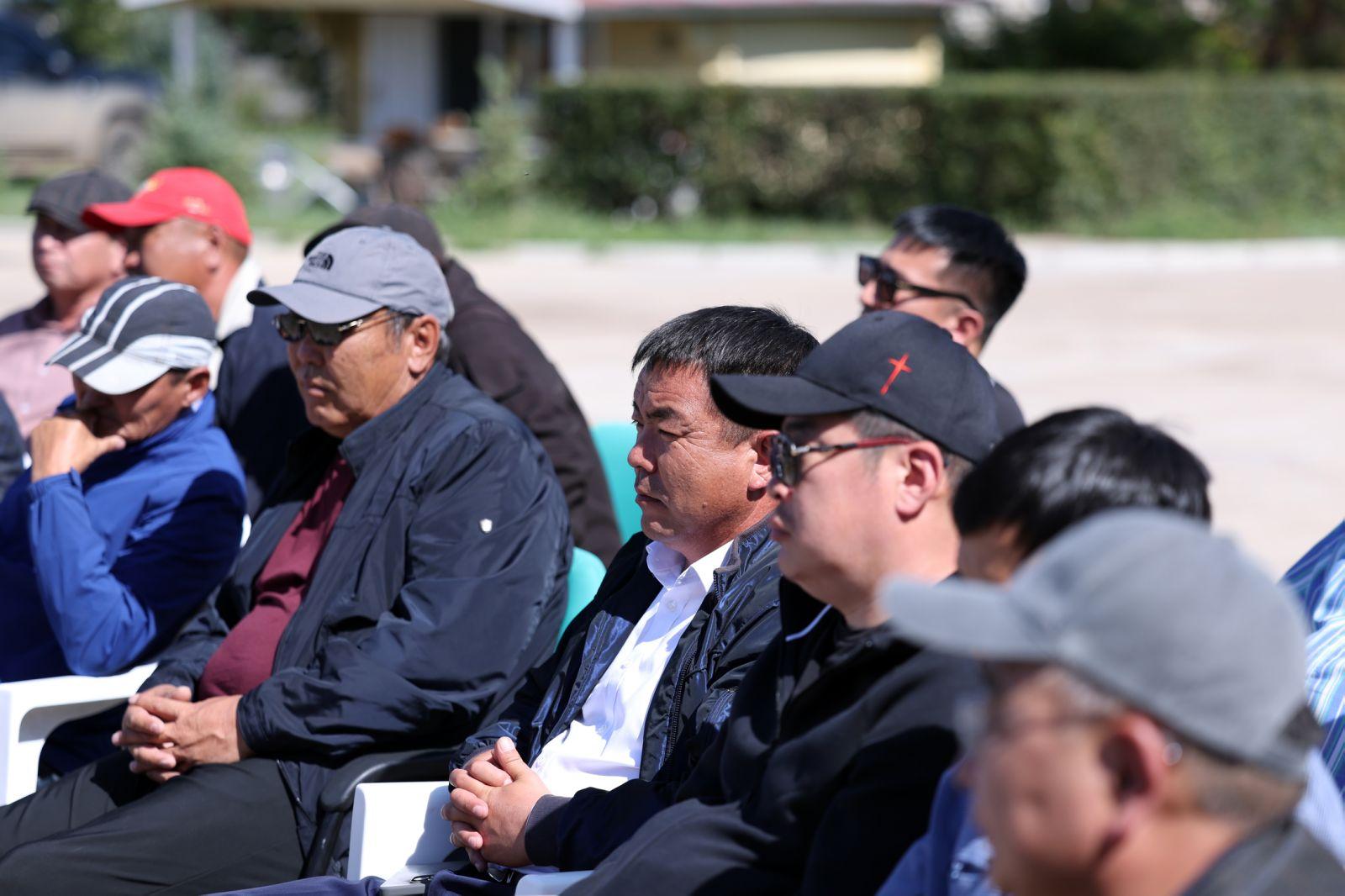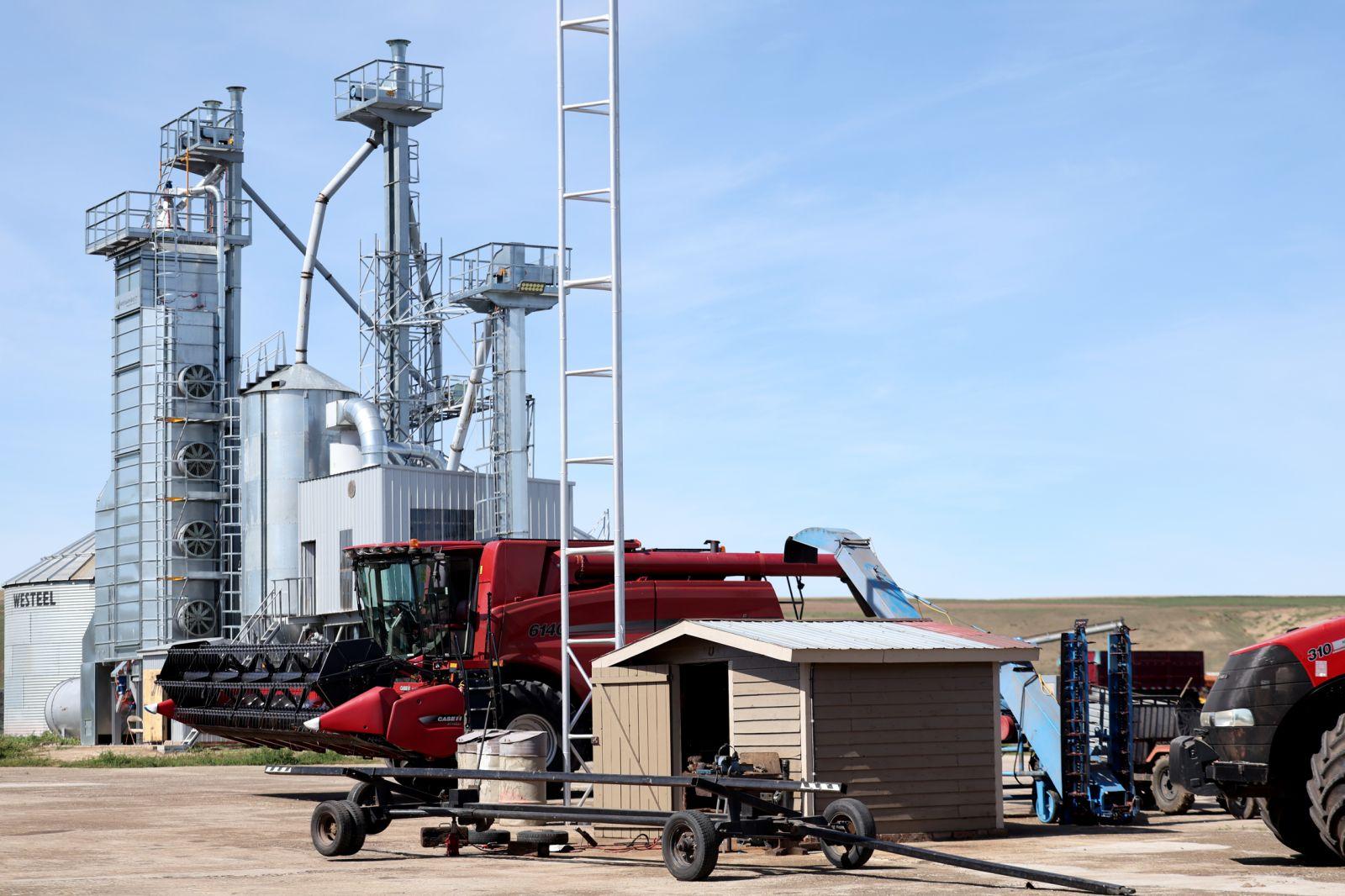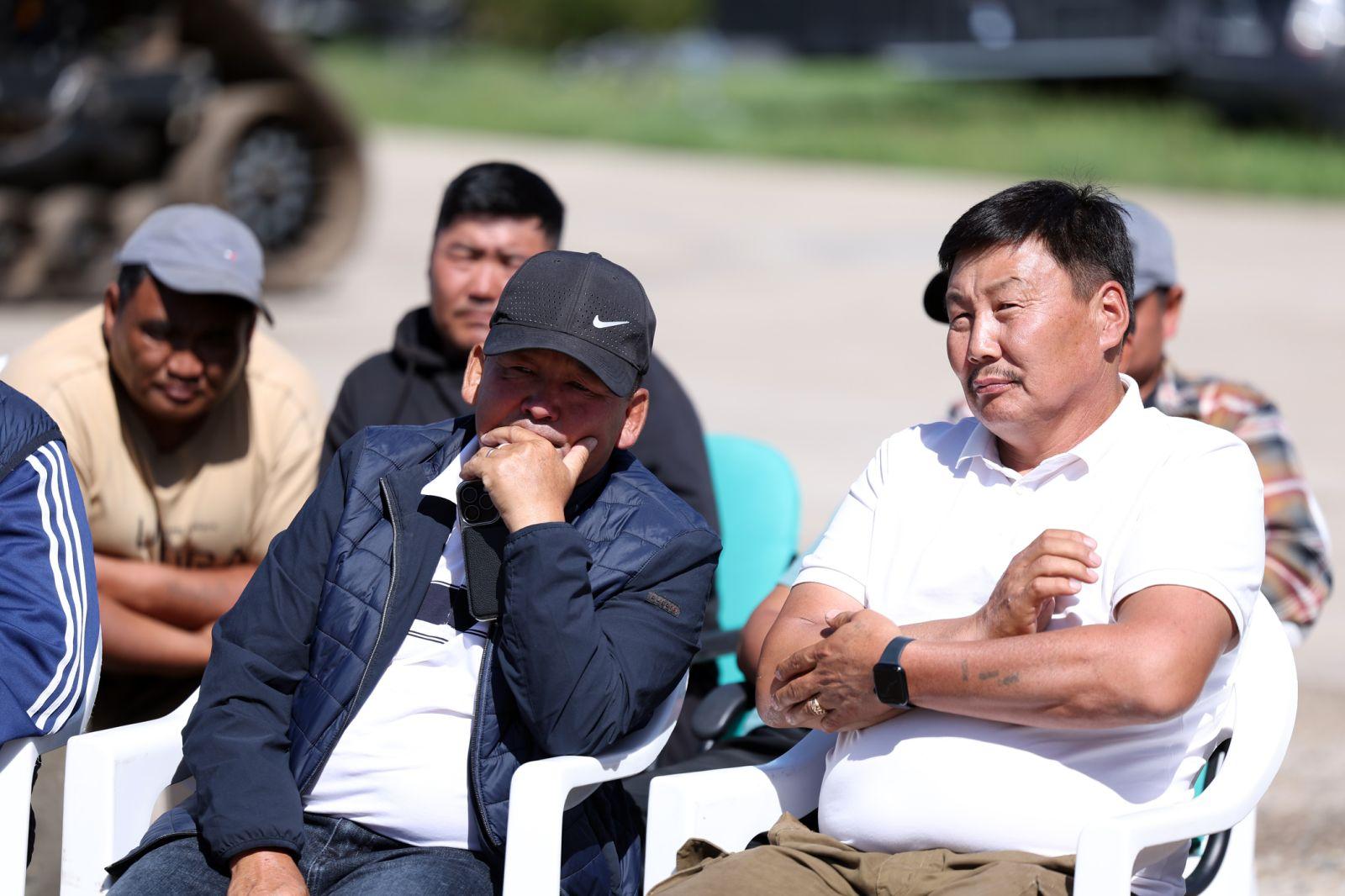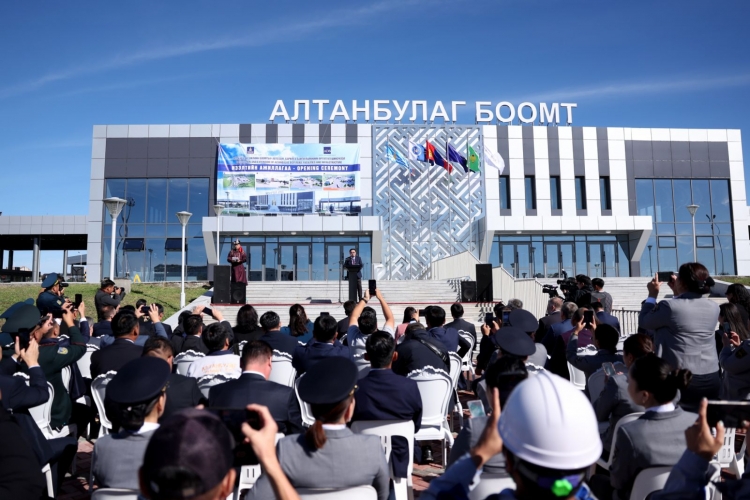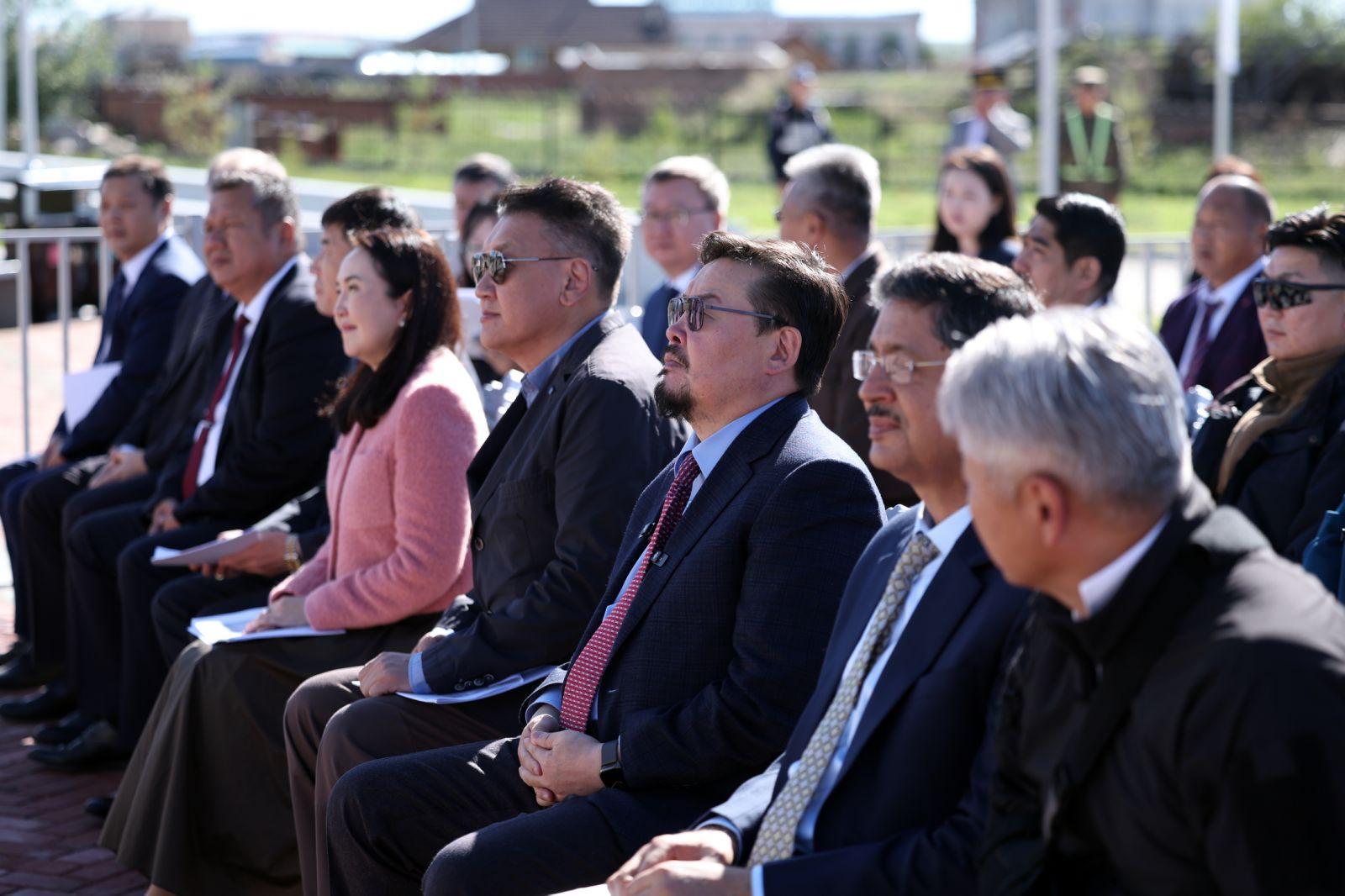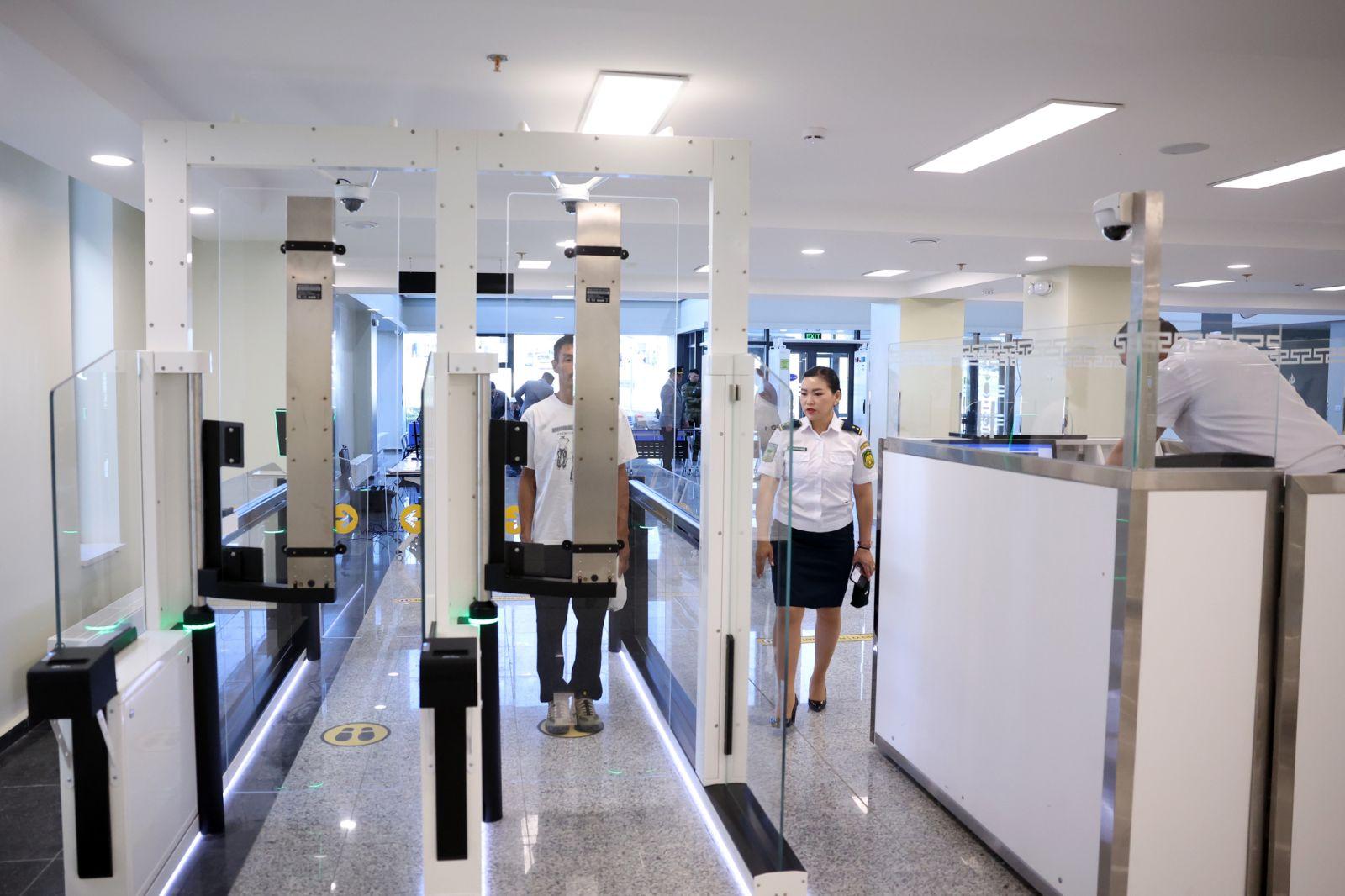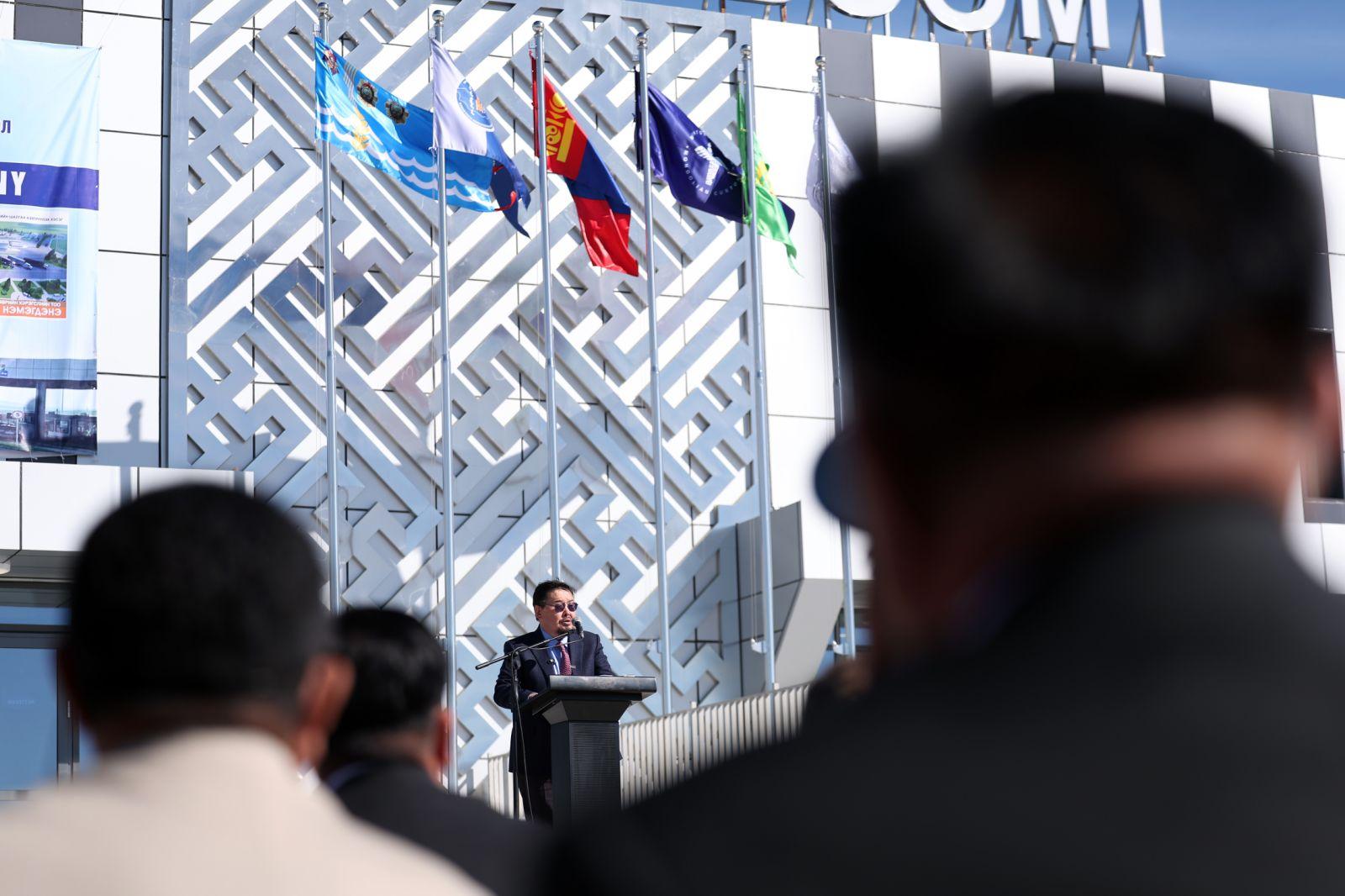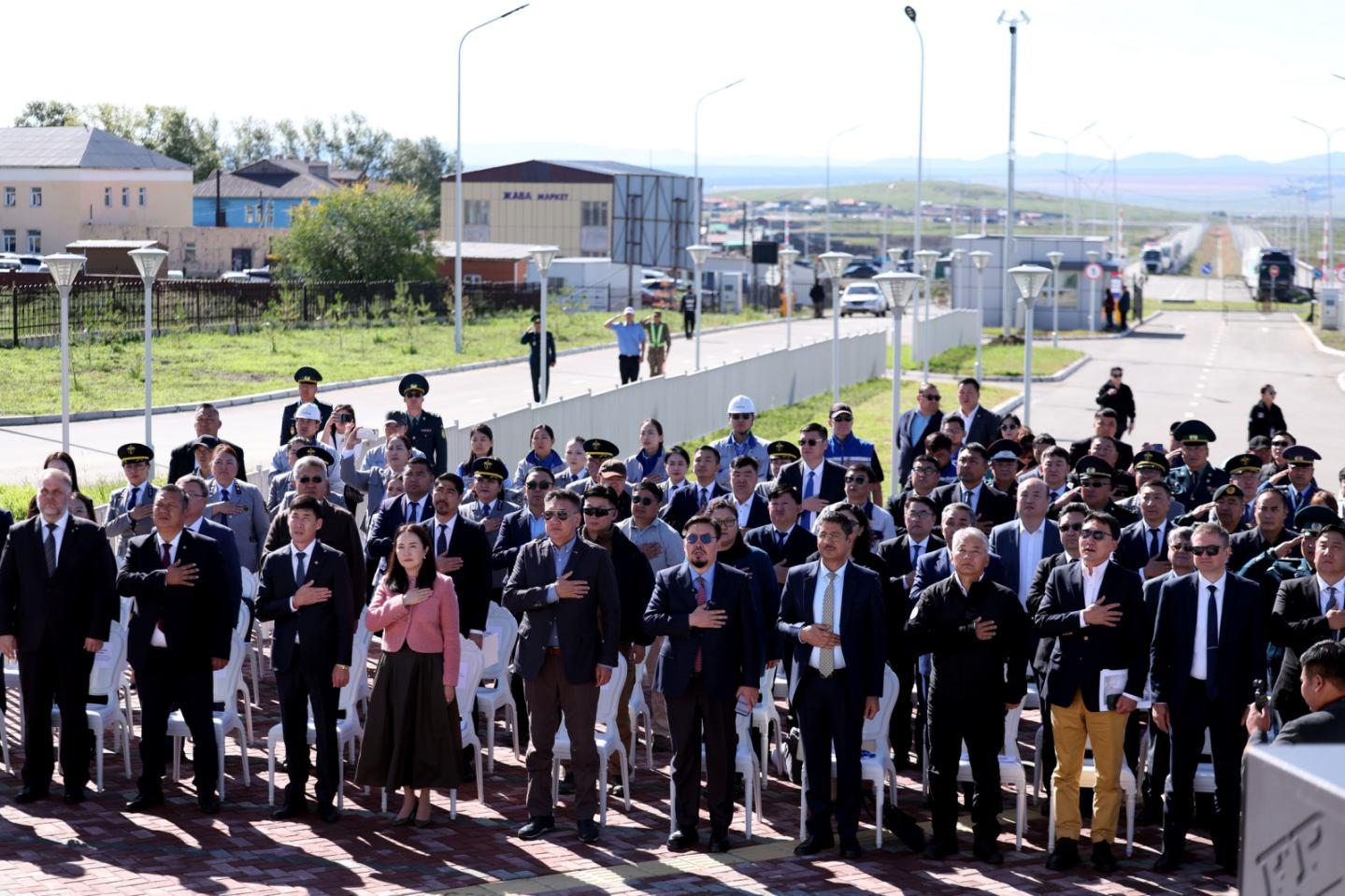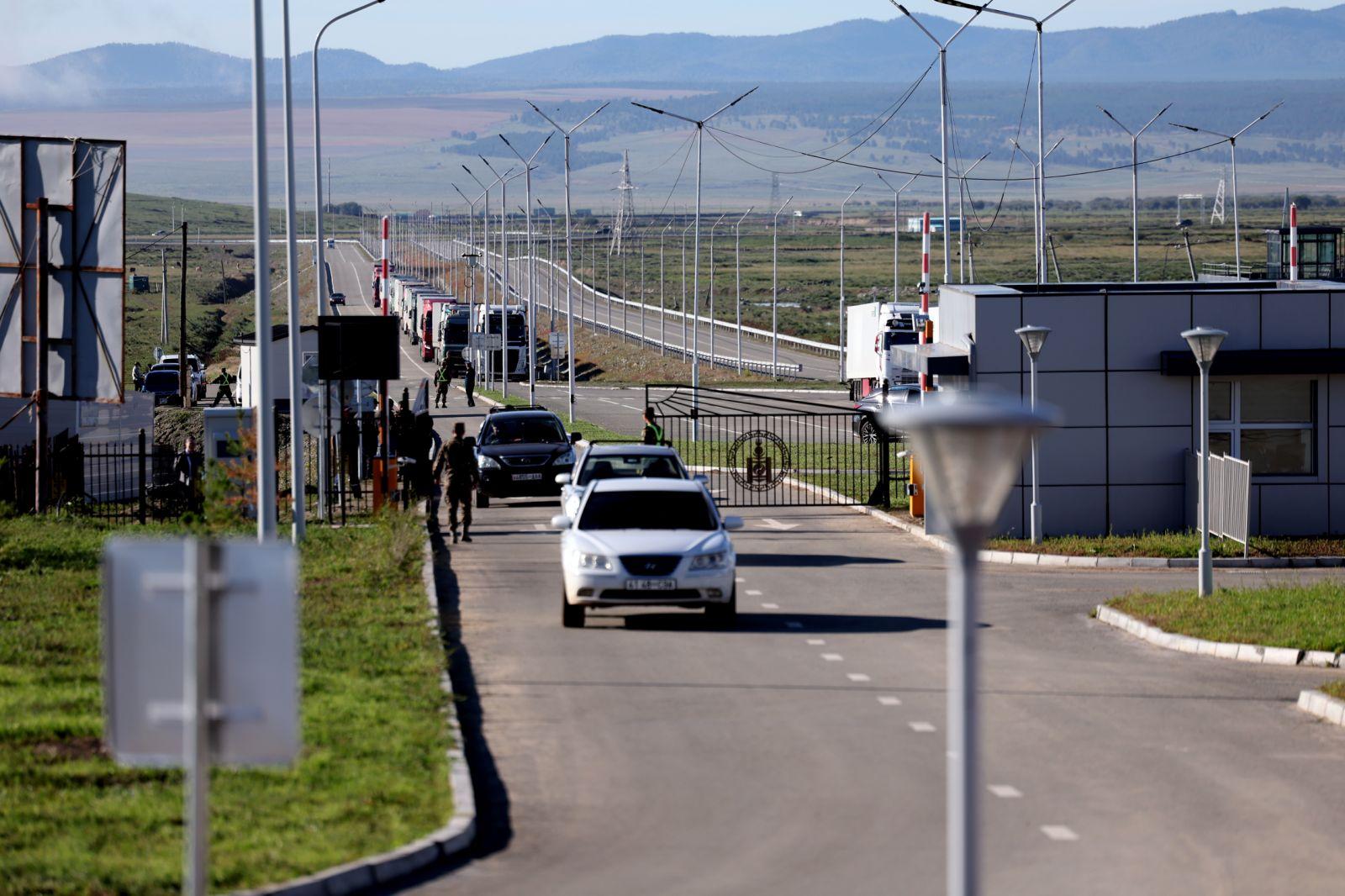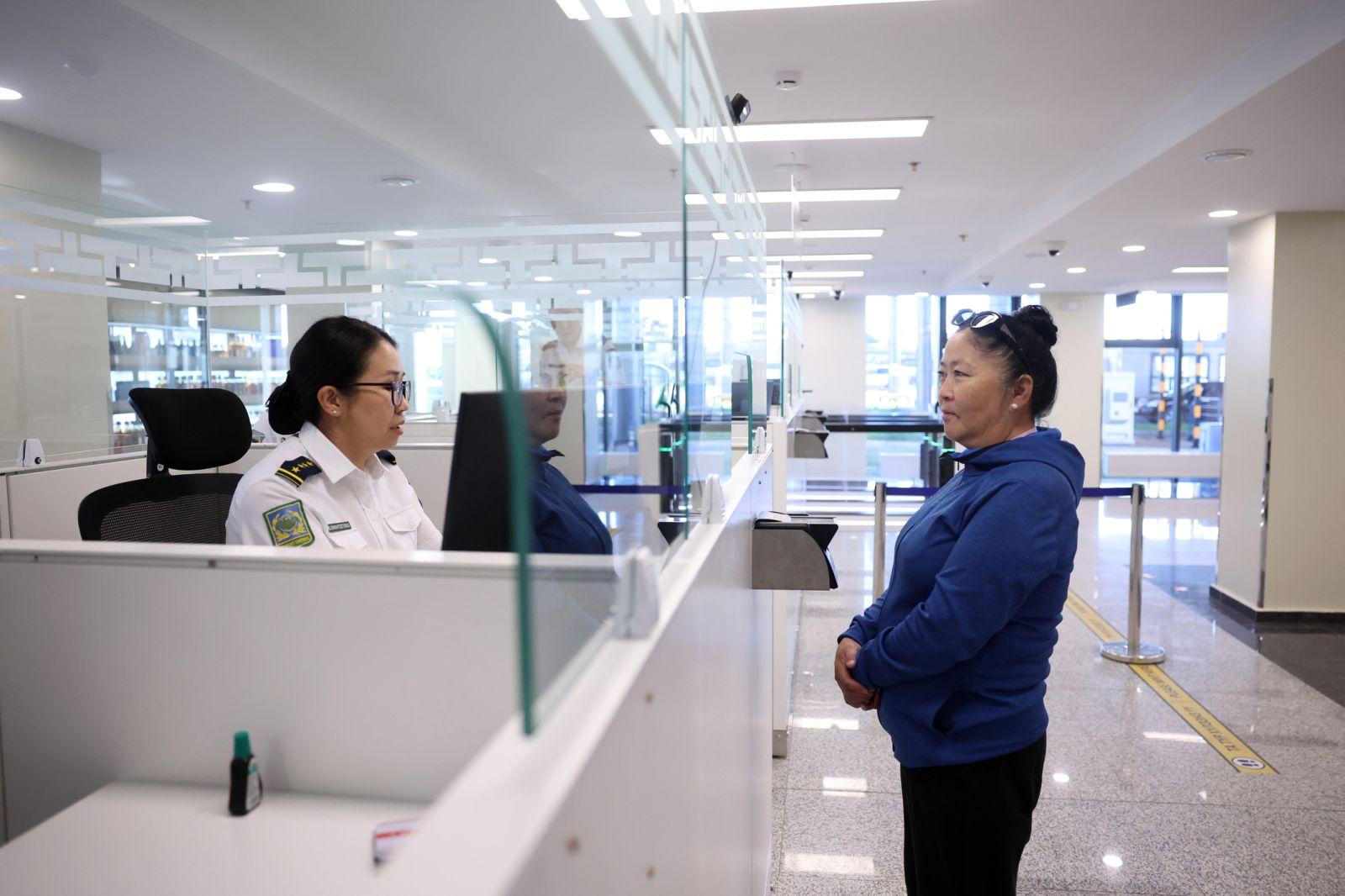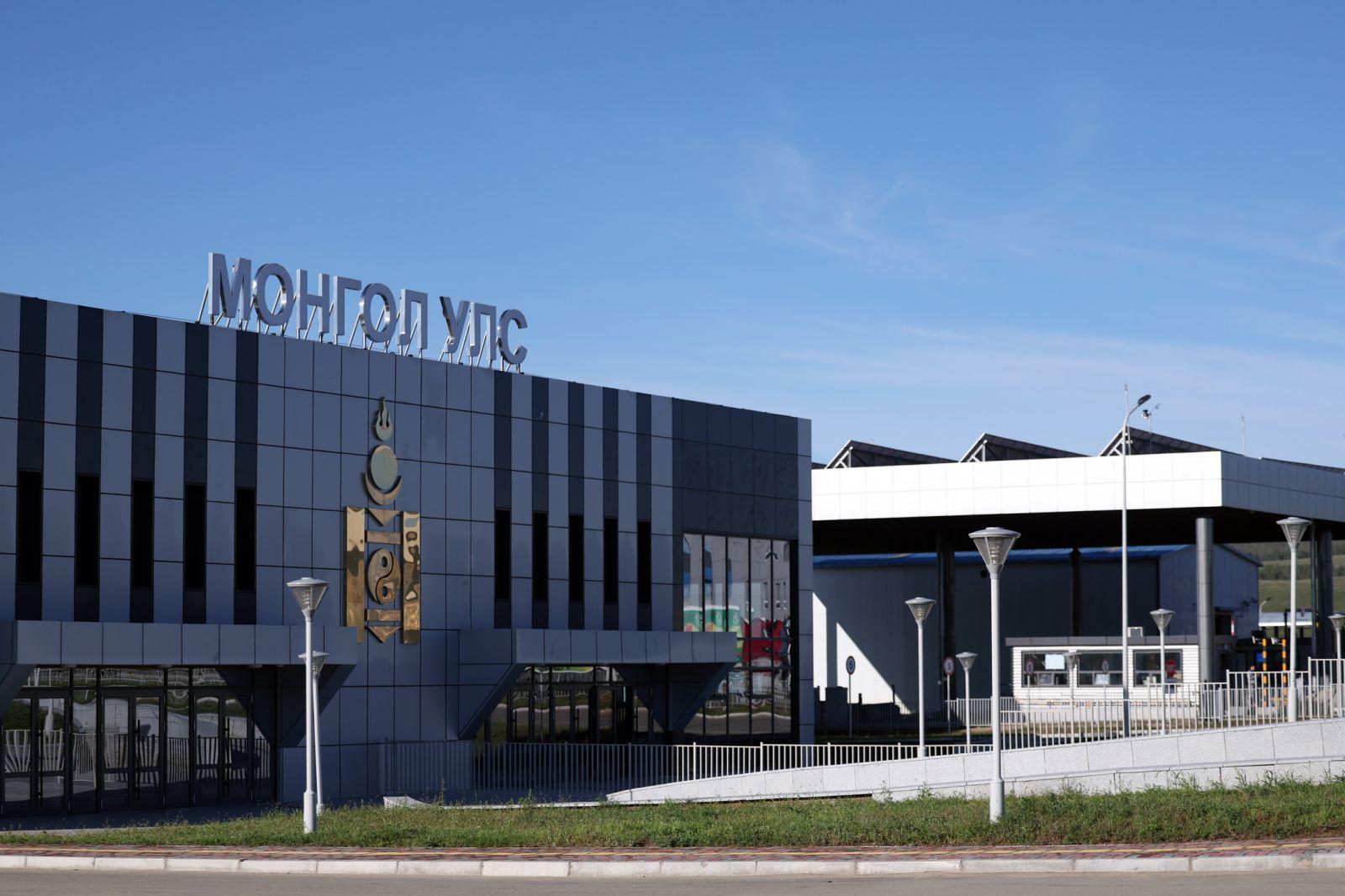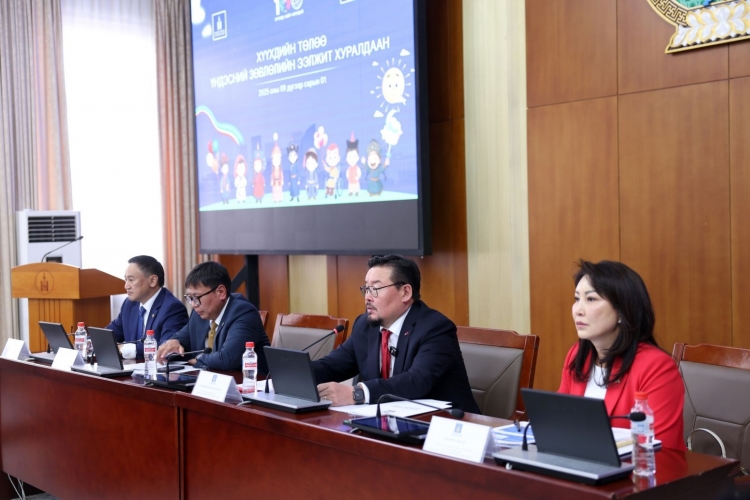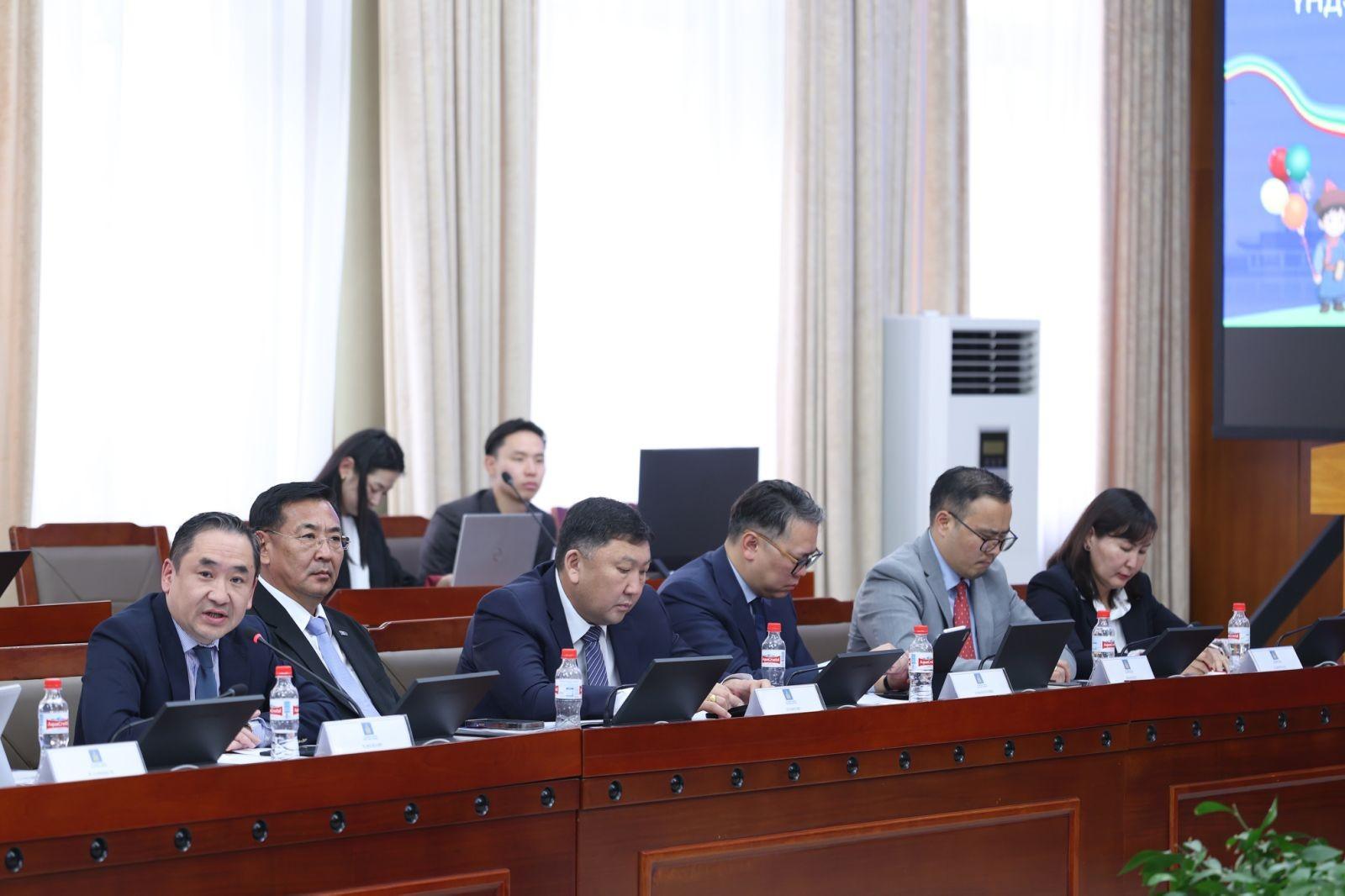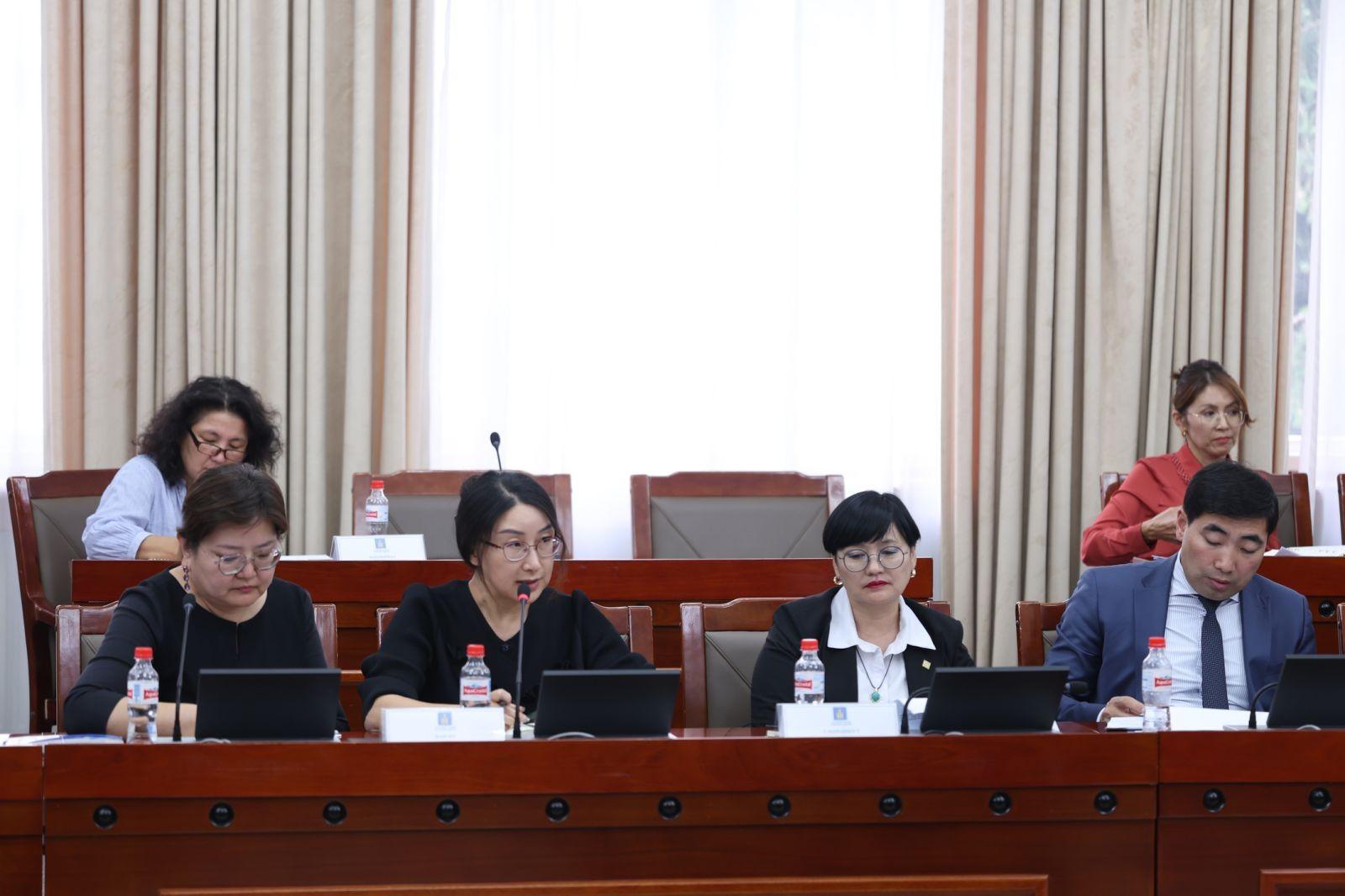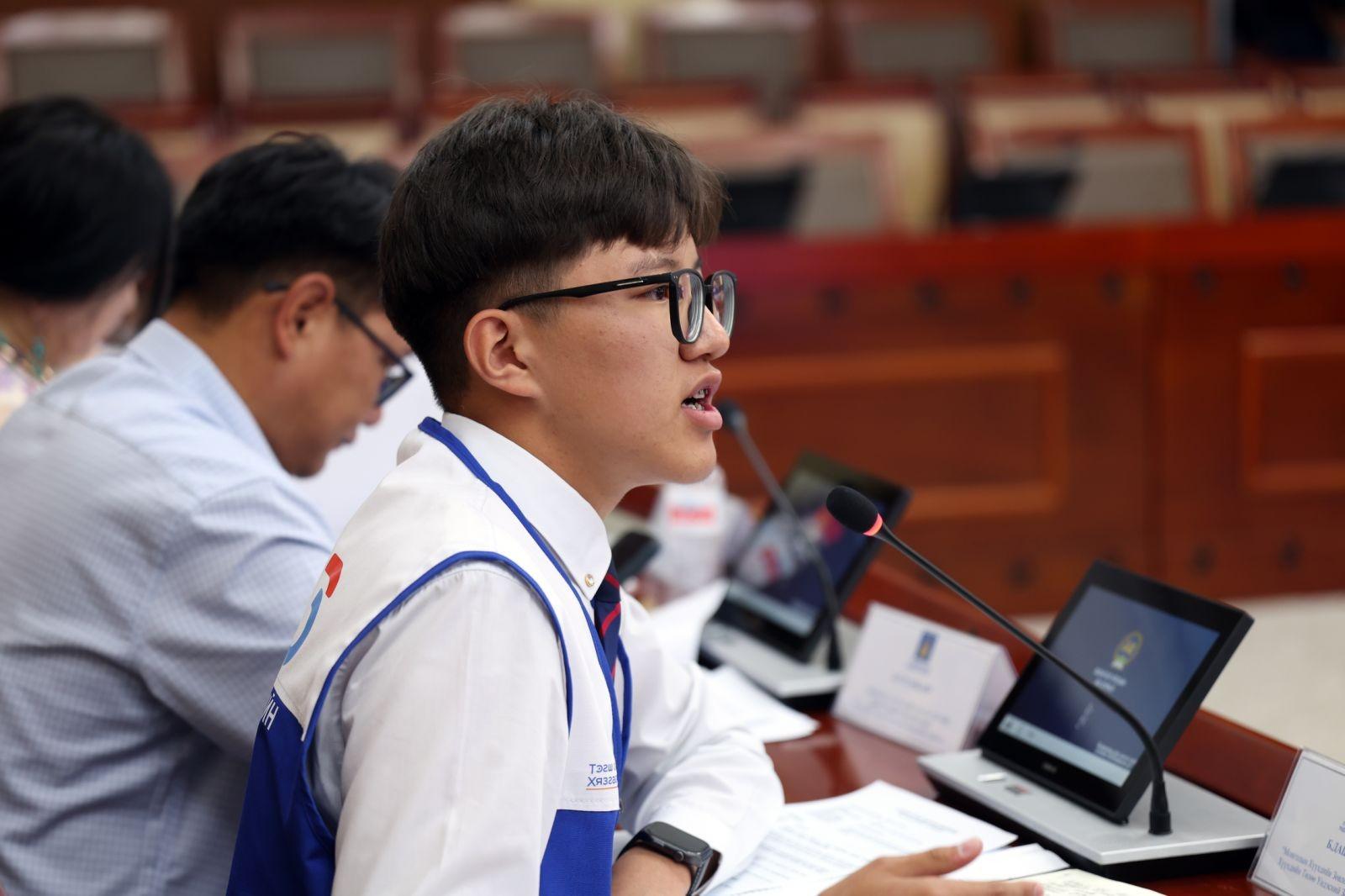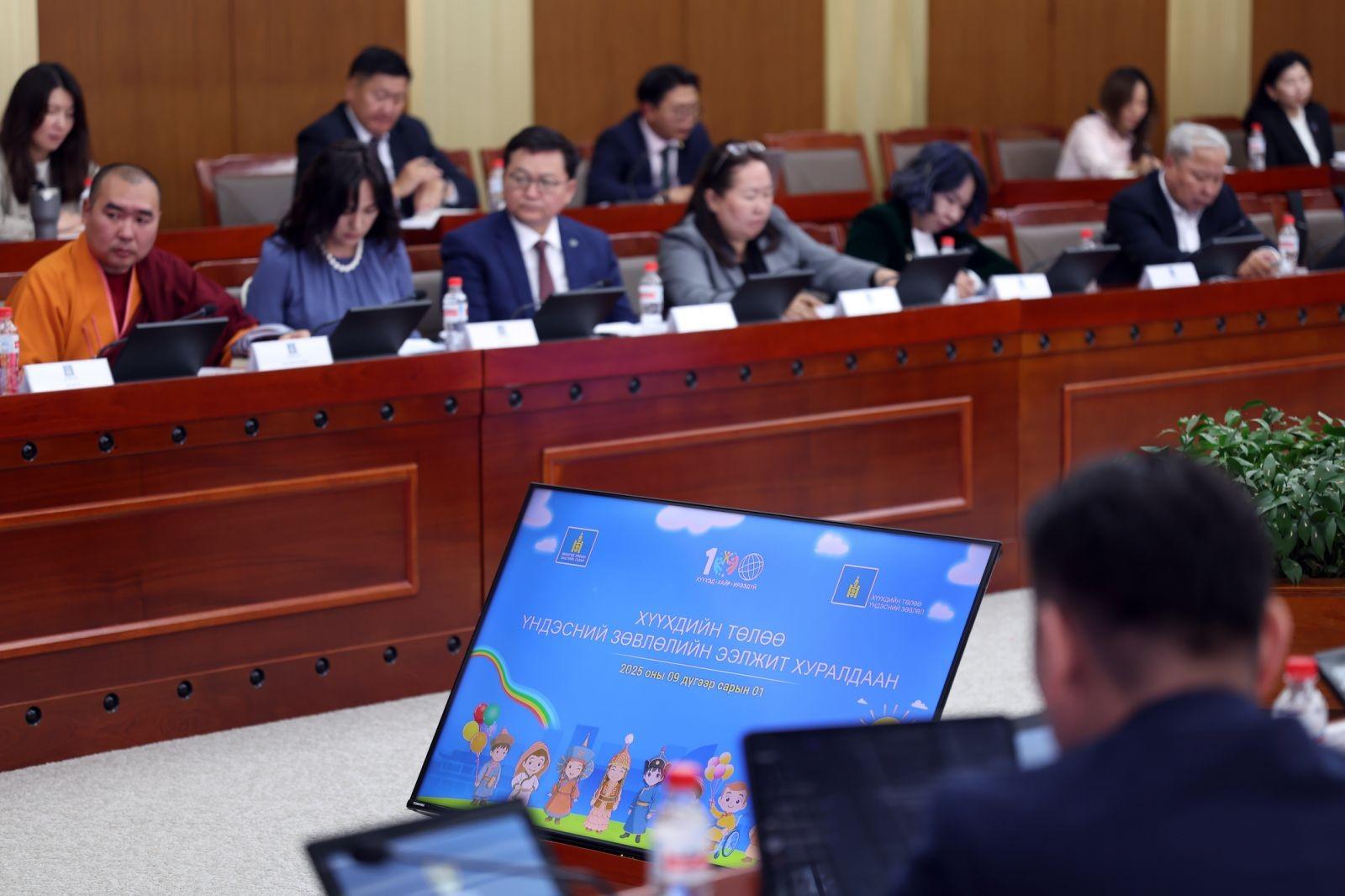Highlights from the Cabinet Meeting – October 29
Expanded Working Group Established to Improve Housing Access for Teachers and Doctors
The Cabinet has established an expanded working group, headed by Minister of Urban Development, Construction and Housing E. Bat-Amgalan, to study and propose measures to improve housing access for teachers and doctors.
The working group includes representatives from the Ministry of Health, the Ministry of Education, the Ministry of Urban Development, Construction and Housing, and the Office of the Governor of the Capital City.
Draft Revision of the Family Law to Be Submitted to Parliament
The Cabinet discussed the draft revision of the Family Law and related amendments to other laws and decided to submit the package to Parliament after incorporating suggestions from Cabinet members.
Family Law is one of the core laws governing personal legal matters. The current law, adopted in 1999, has been in effect for 26 years without major revisions. Although it has been amended eight times since its adoption, those changes primarily aligned with broader legal reforms rather than addressing emerging issues in family relations. As a result, the existing law no longer adequately reflects the evolving dynamics of modern family and social relations.
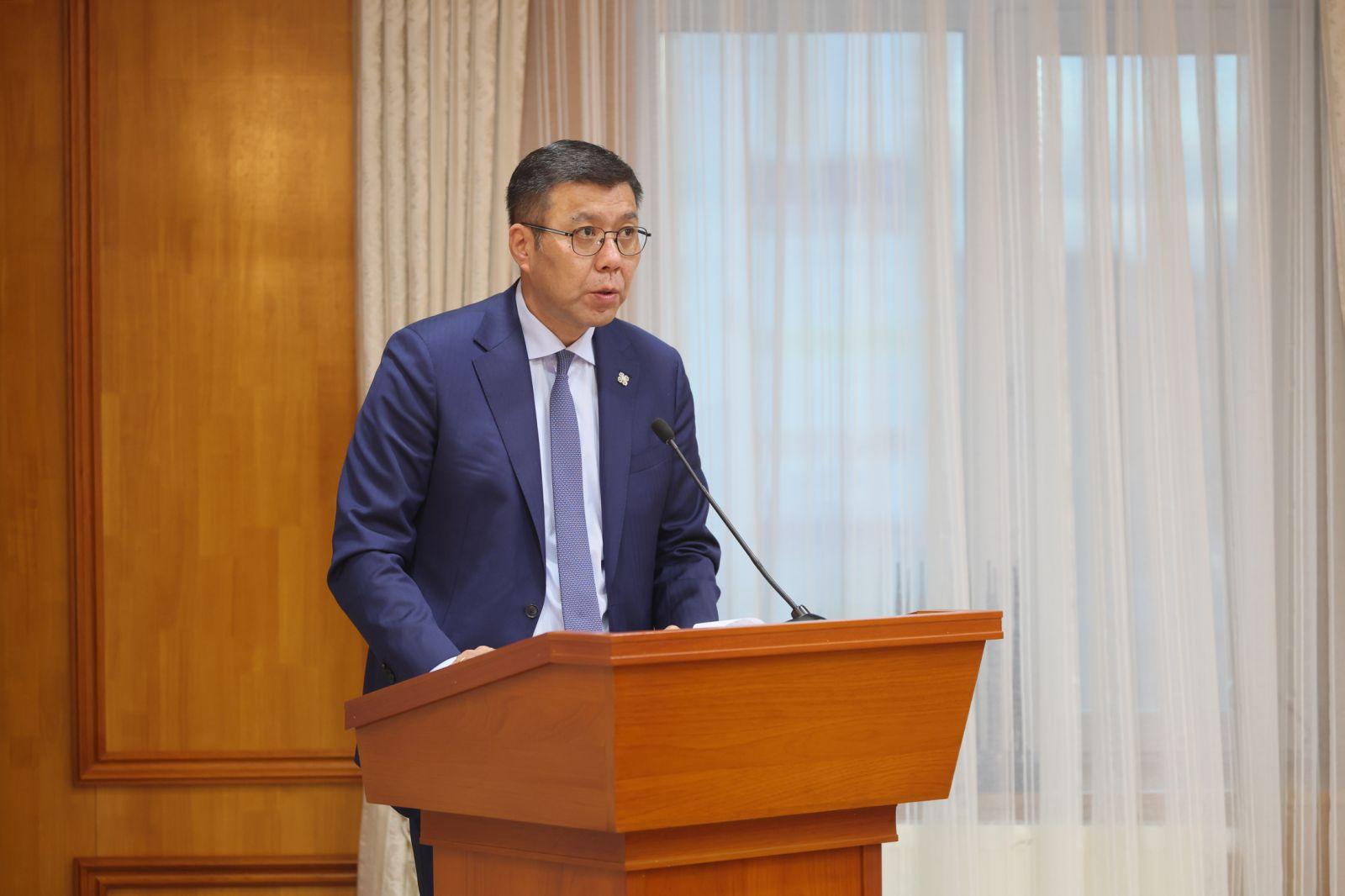
Resolution Adopted to Support Parents During Influenza Outbreak
The Cabinet approved a resolution instructing government organization to grant up to five working days of paid leave to parents caring for children under six who are diagnosed with influenza, either in hospitals or at home, from November 1, 2025, to March 1, 2026.
The measure aims to help reduce influenza transmission and prevent complications. The government also encouraged private sector and non-governmental employers to adopt the same policy.
Young children are at risk of developing pneumonia within three to five days after flu symptoms appear, and the average recovery period is around 12 days. Providing paid leave during the early stage of illness can help prevent complications and reduce the burden on hospitals.
Mongolia and Kyrgyzstan Approve Agreement on Mutual Recognition of Driving Licenses
The Cabinet approved the “Agreement between the Government of Mongolia and the Cabinet of Ministers of the Kyrgyz Republic on the Mutual Recognition and Exchange of Driving Licenses,” signed in Bishkek on July 21, 2025.
Mongolia joined the Vienna Convention on Road Traffic in 1997, which governs the mutual recognition and exchange of national driving licenses among its 87 member states. Currently, Mongolian citizens permanently residing in the Czech Republic, the Kingdom of Belgium, and the Grand Duchy of Luxembourg can exchange their Mongolian licenses without additional requirements.
The Mongolia–Kyrgyzstan agreement will enter into force once both countries complete domestic legal procedures and notify each other.
